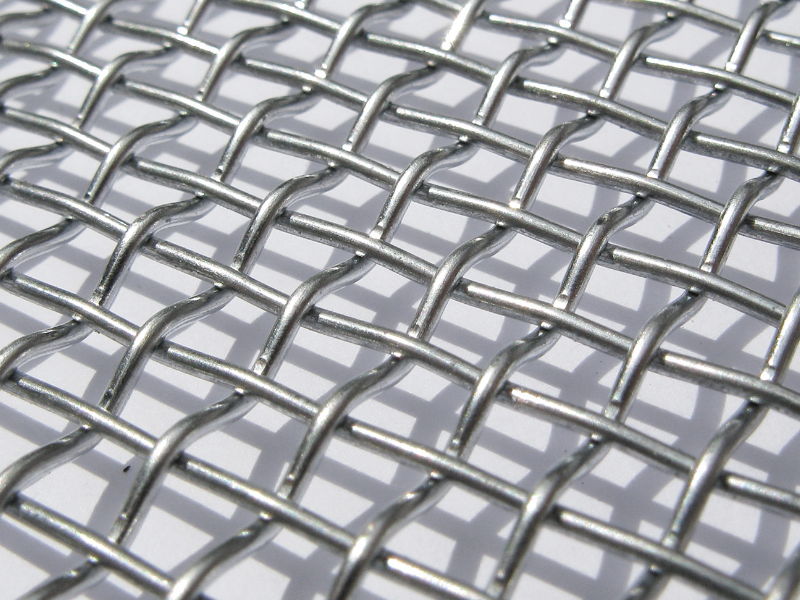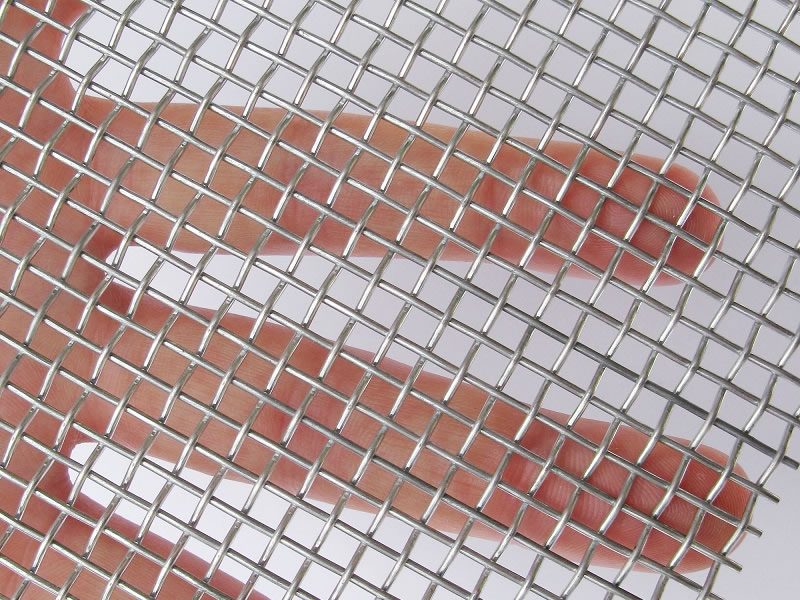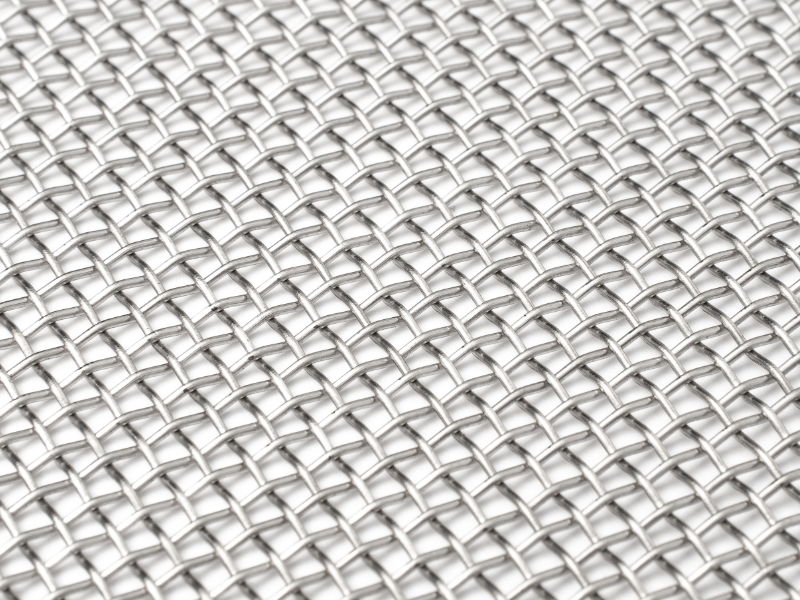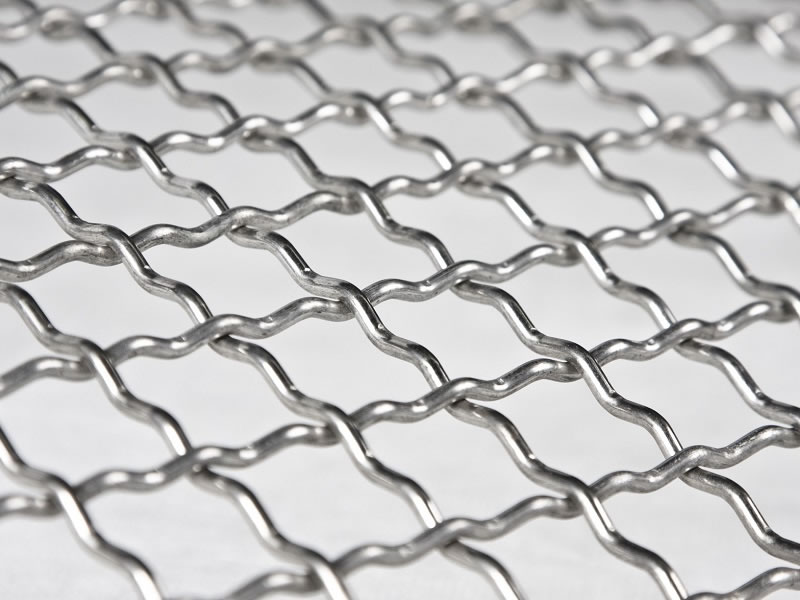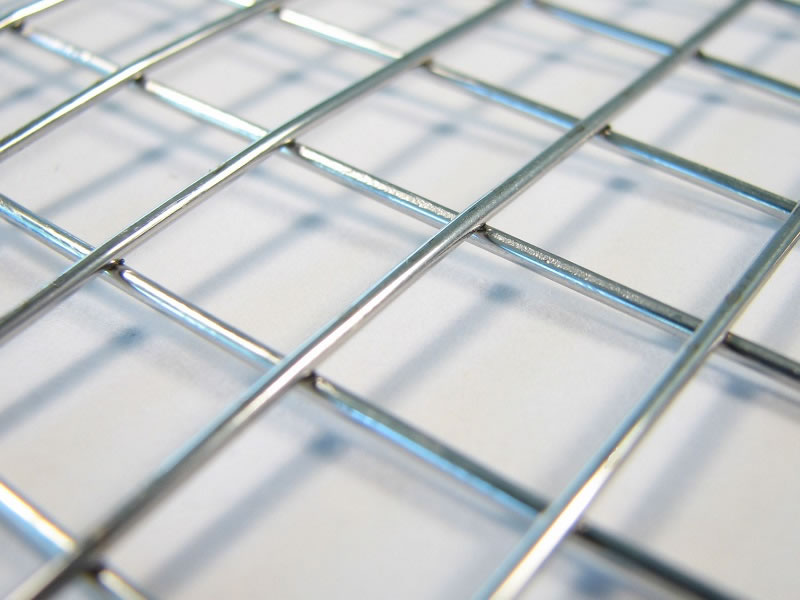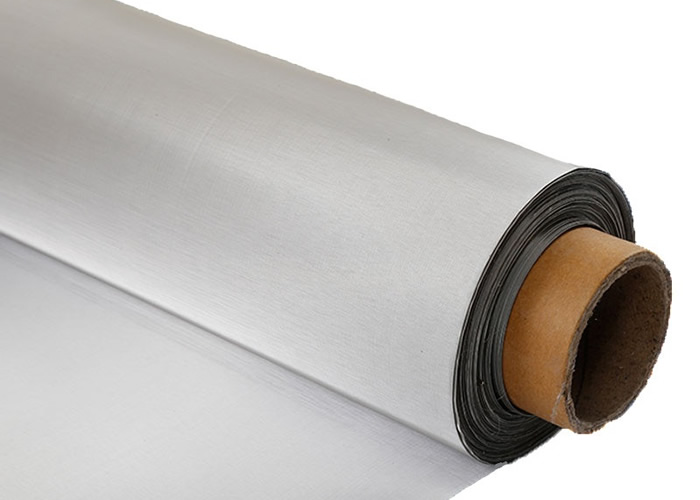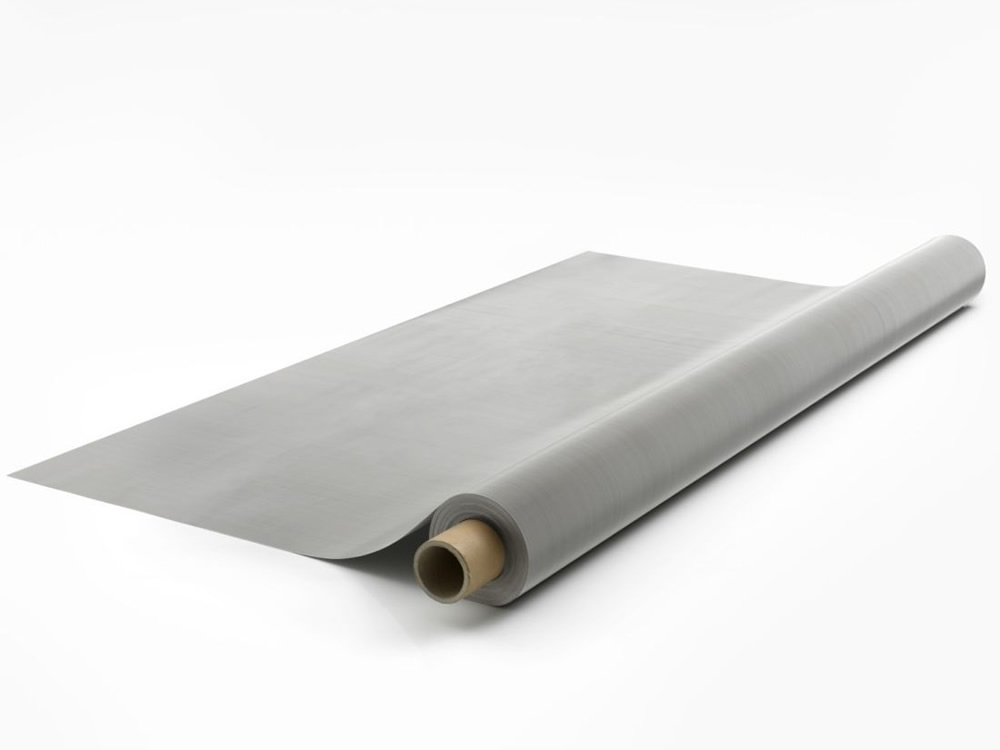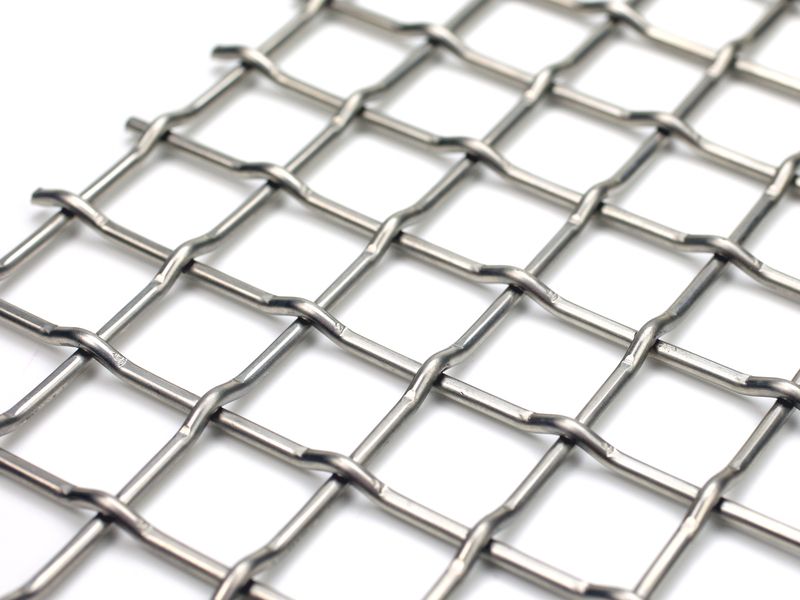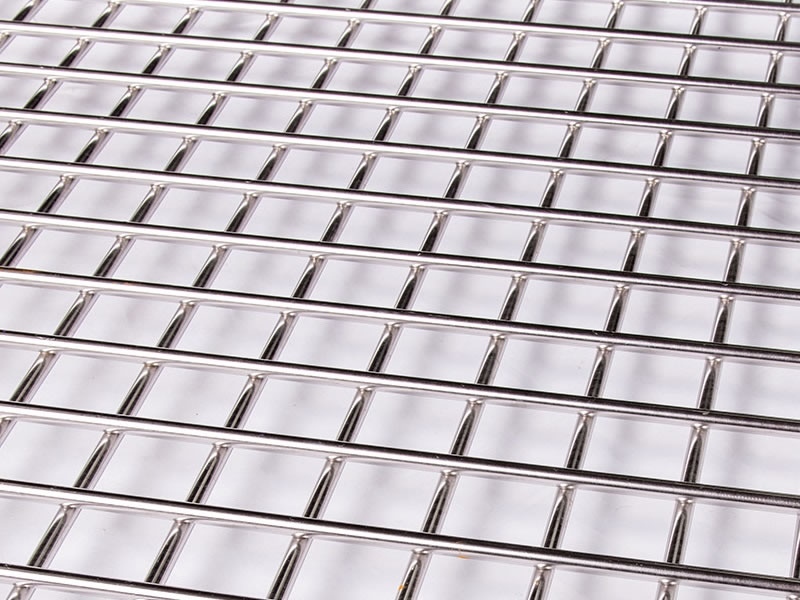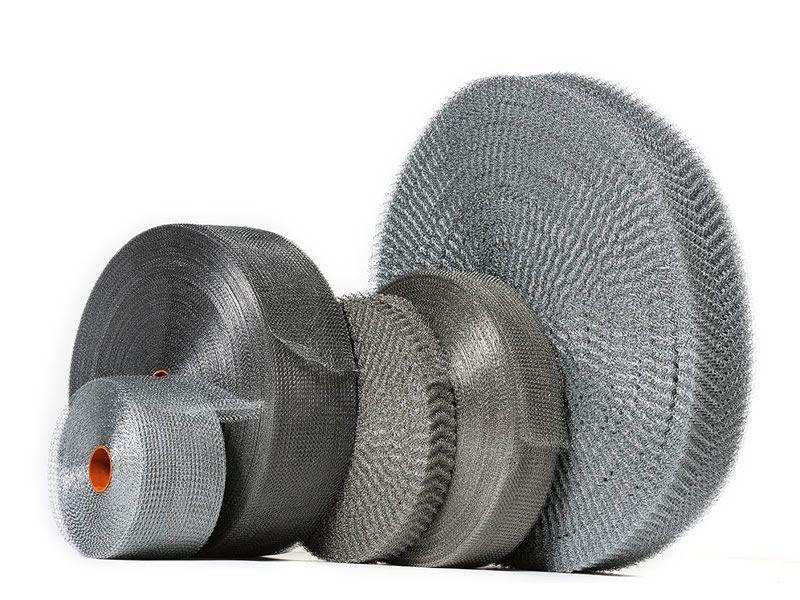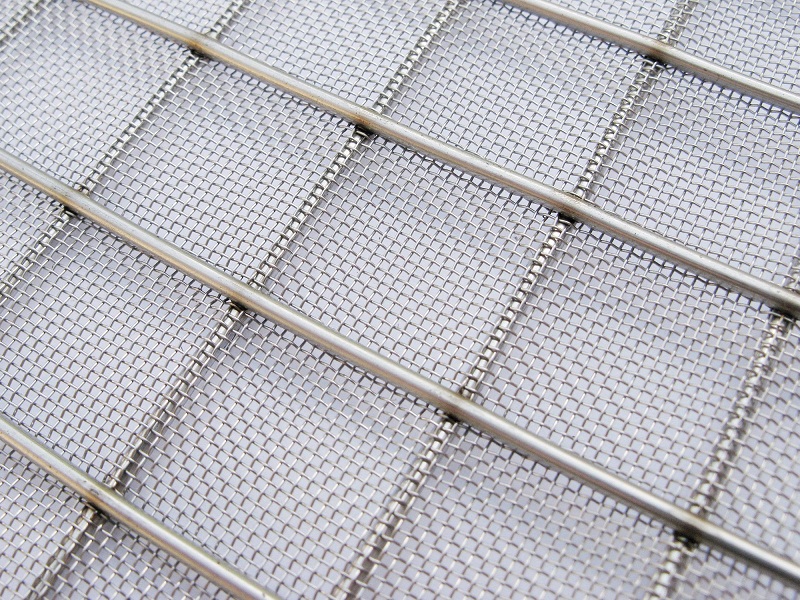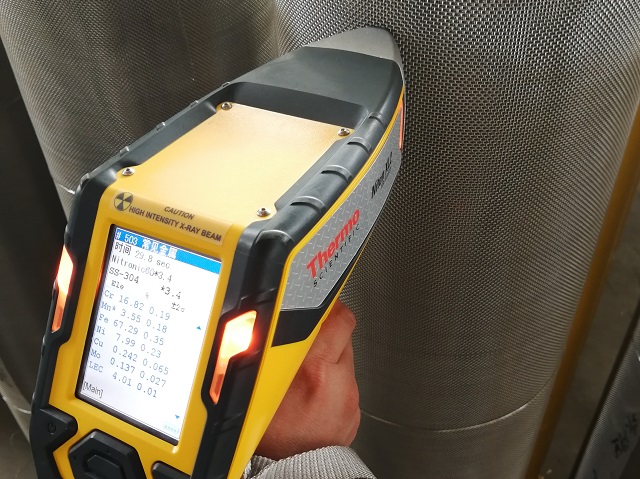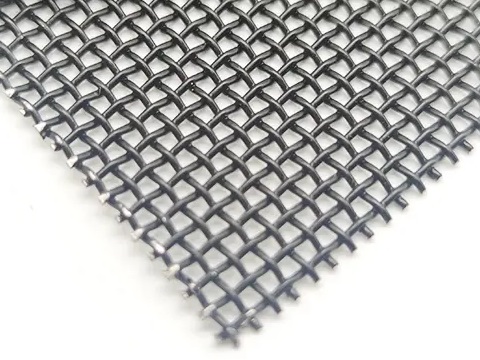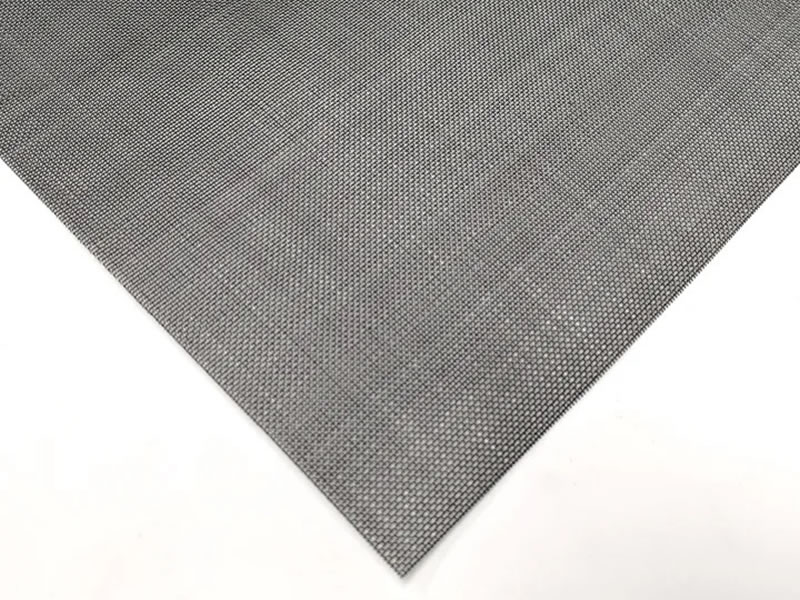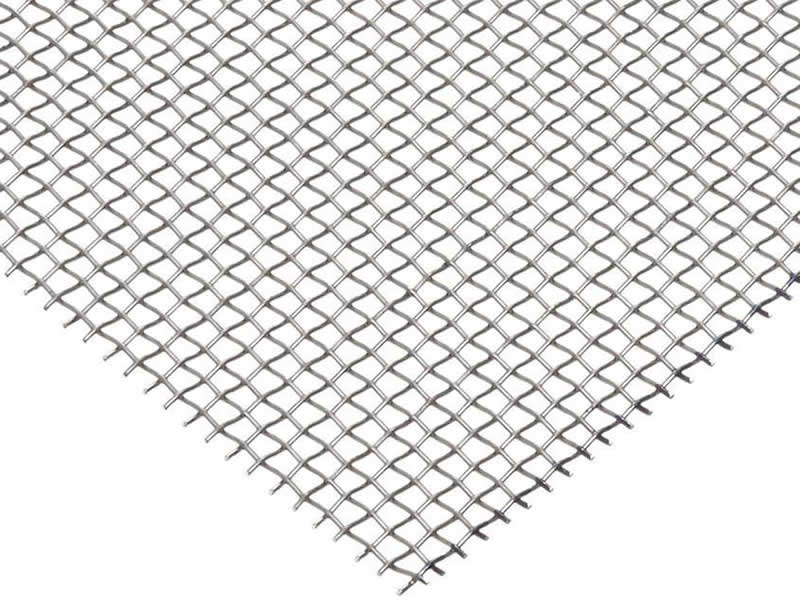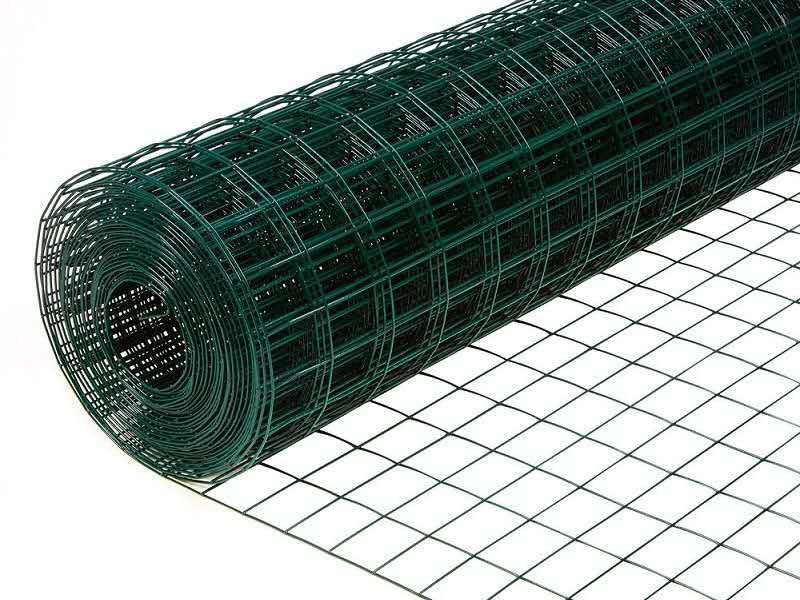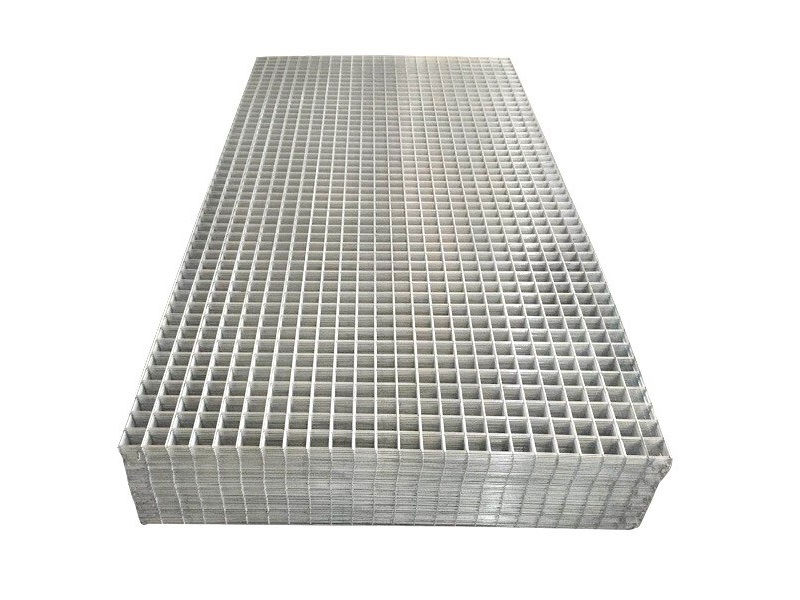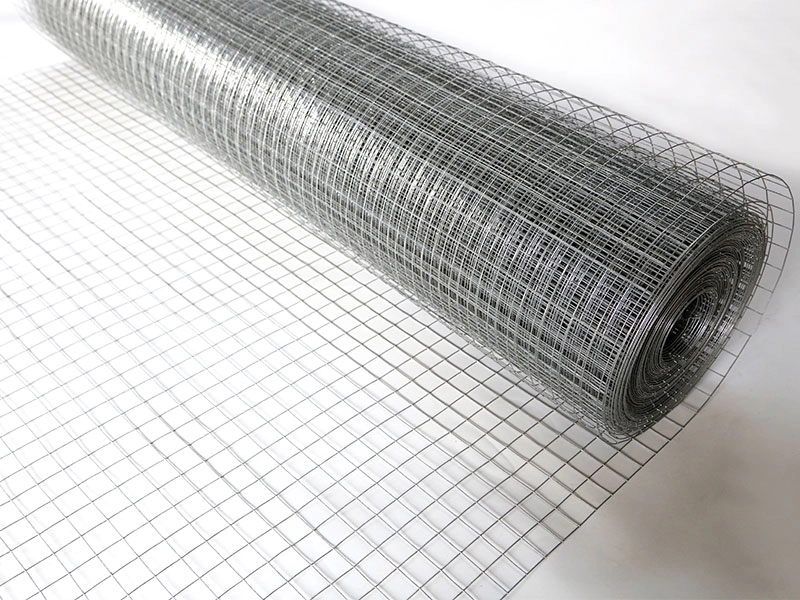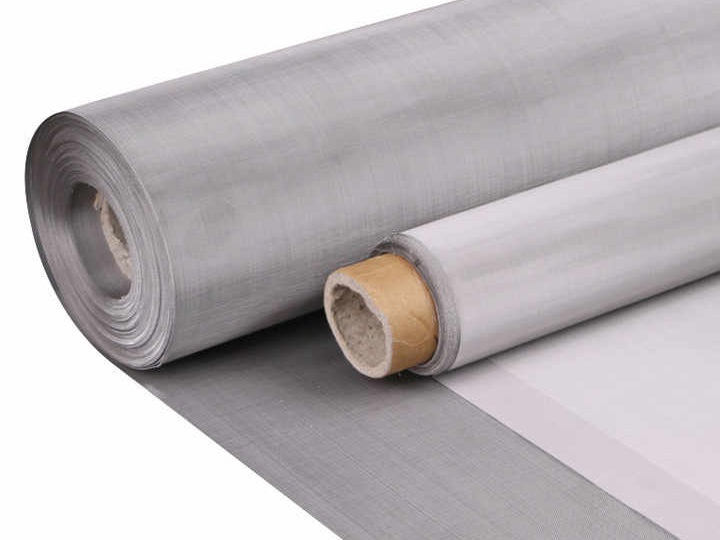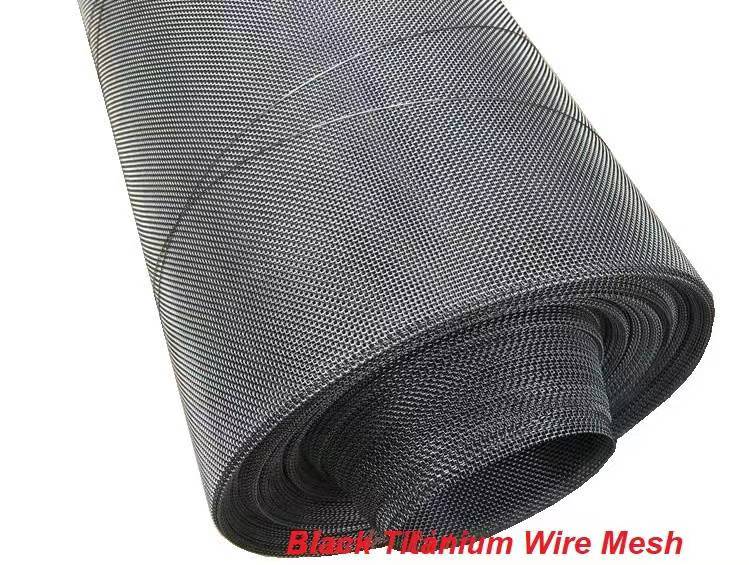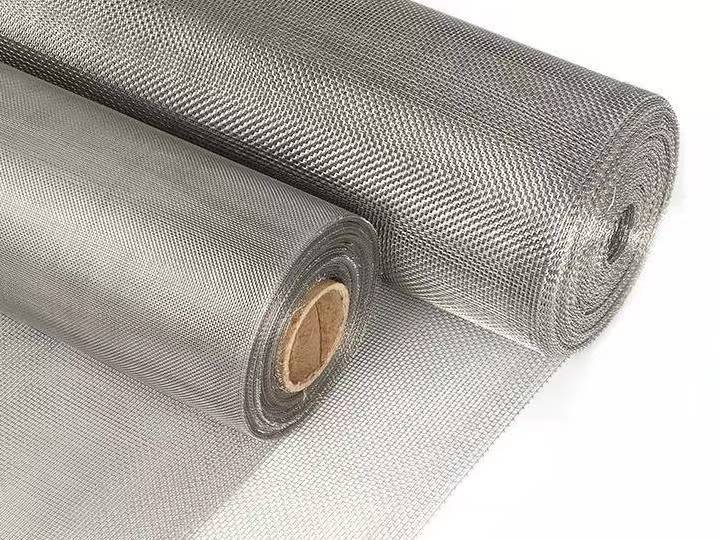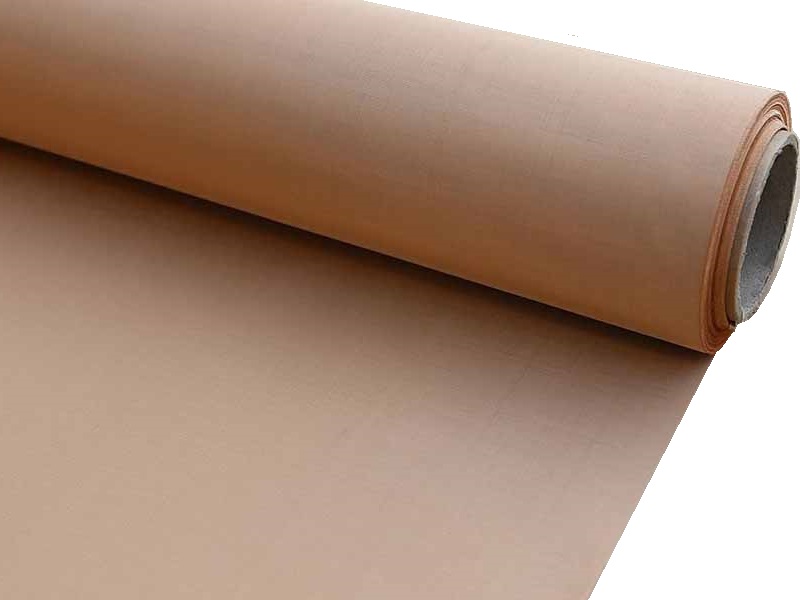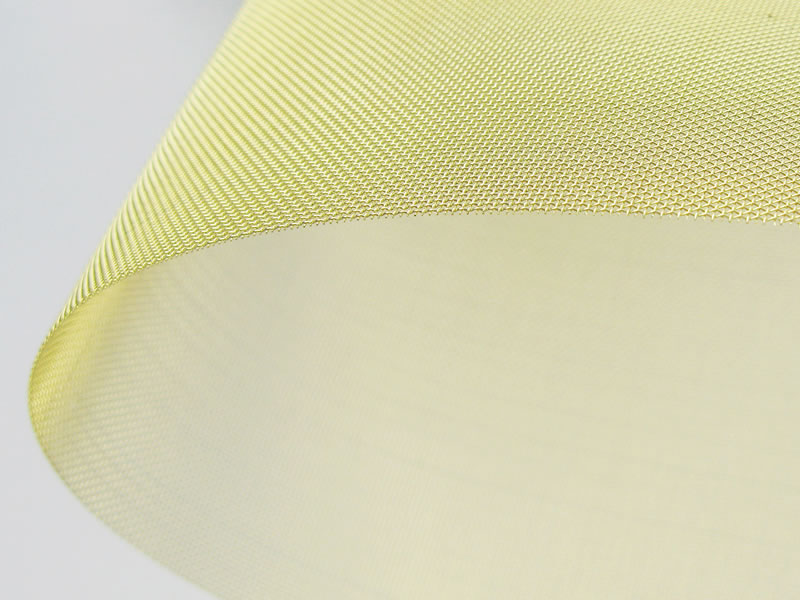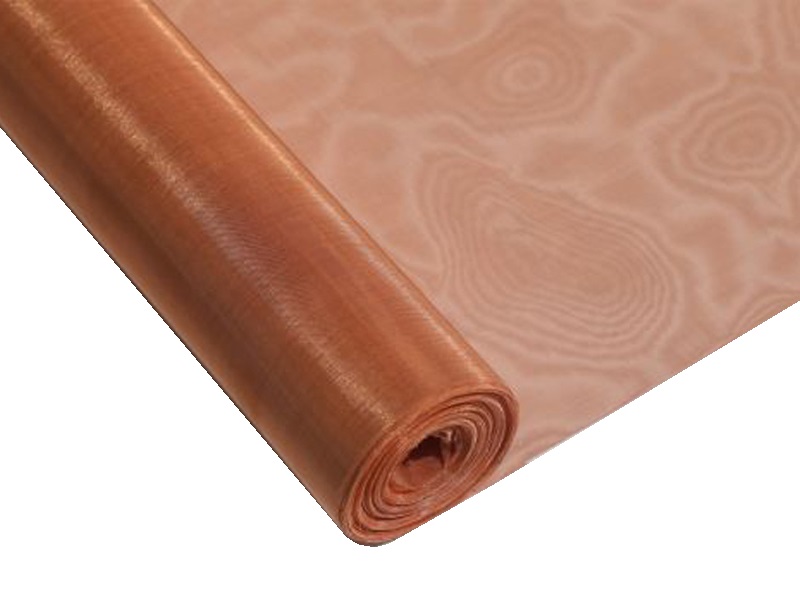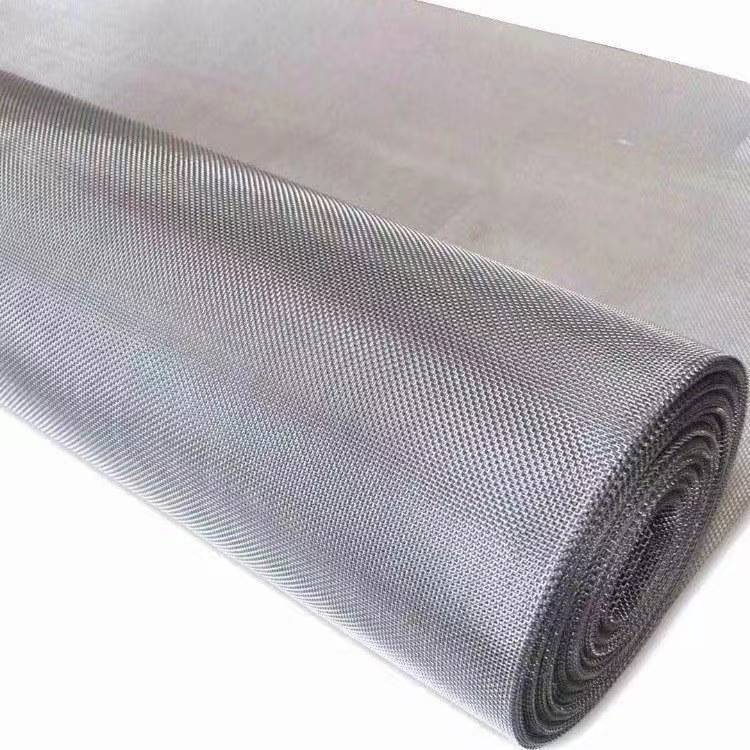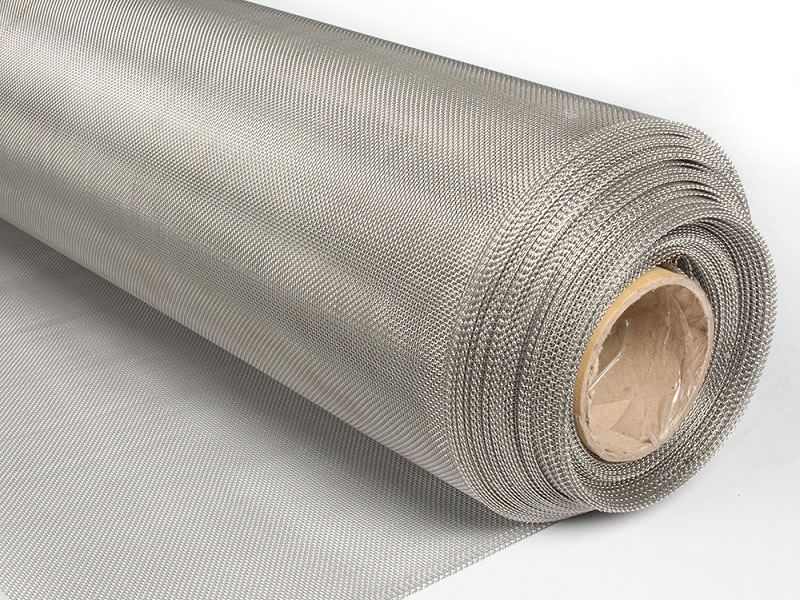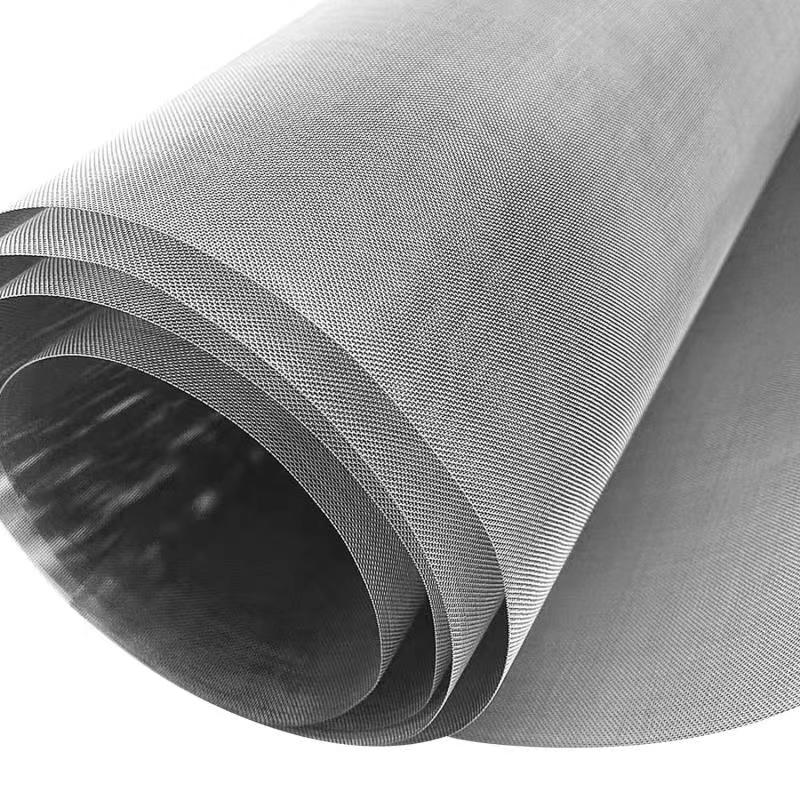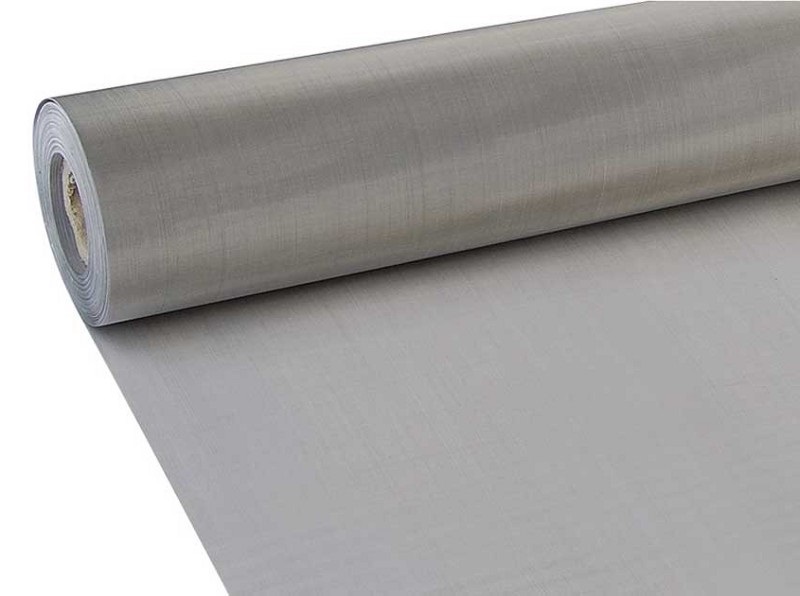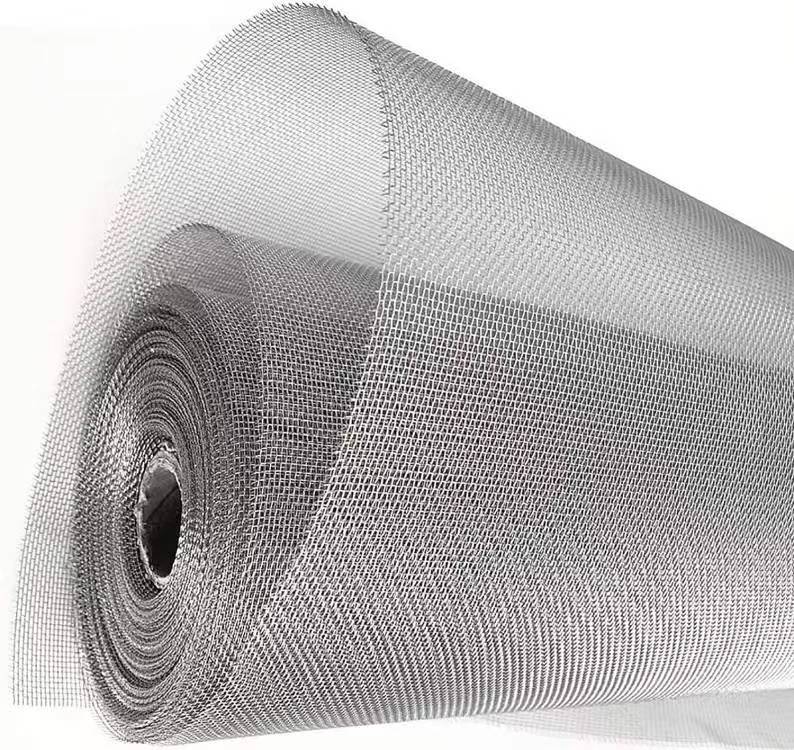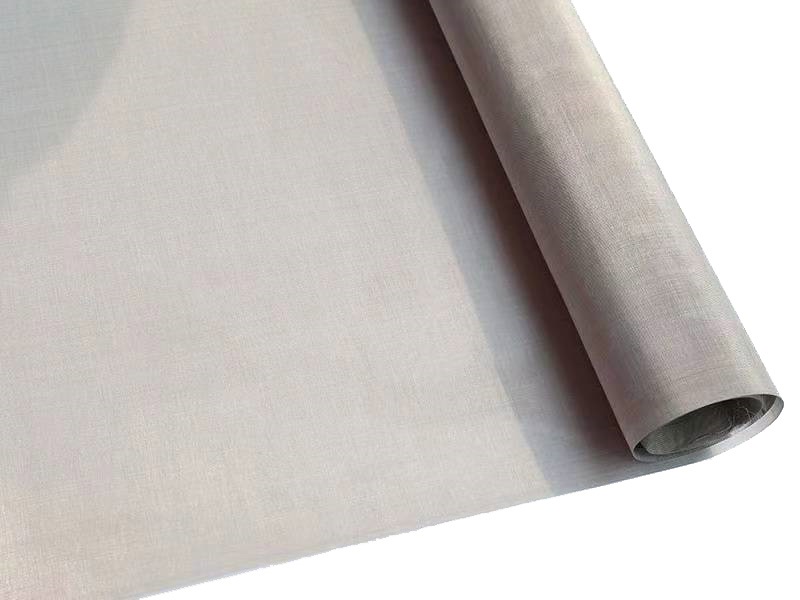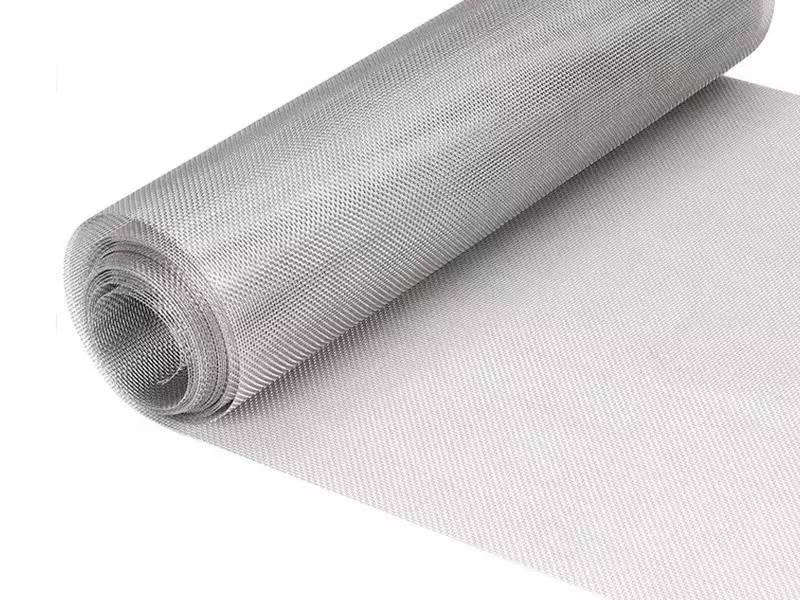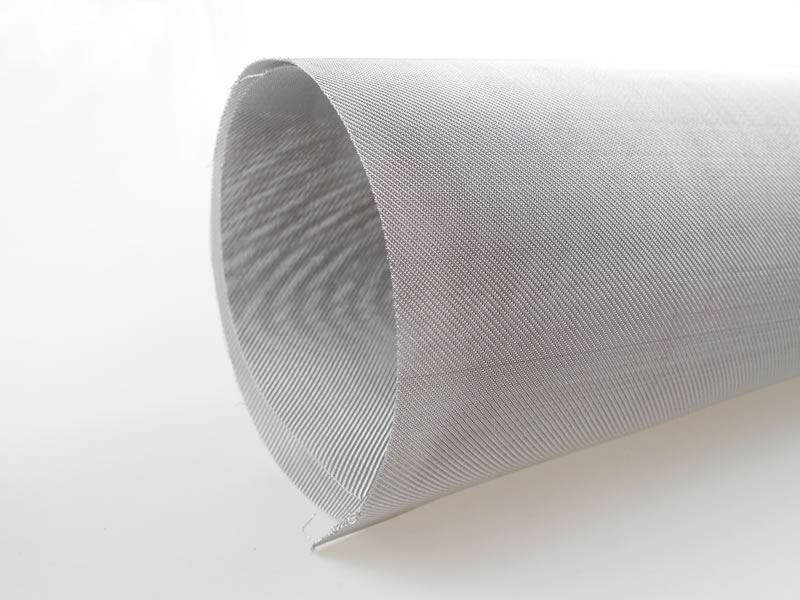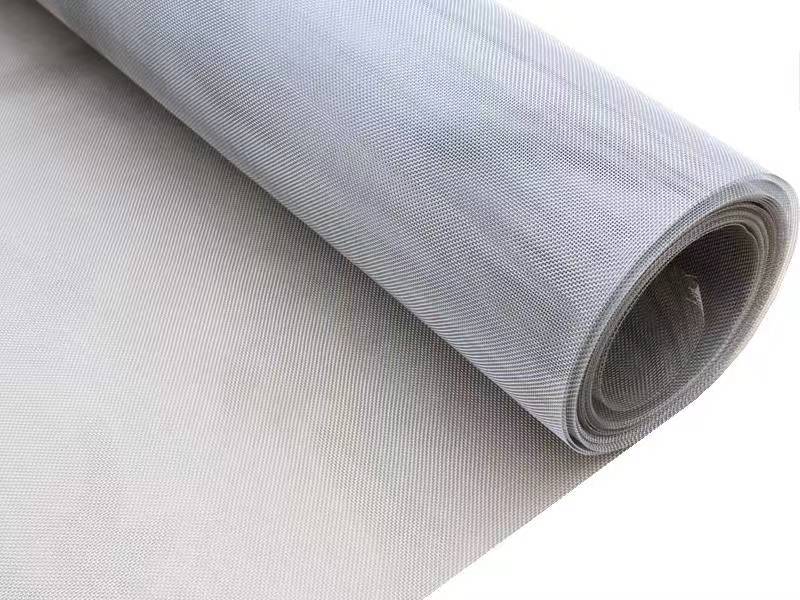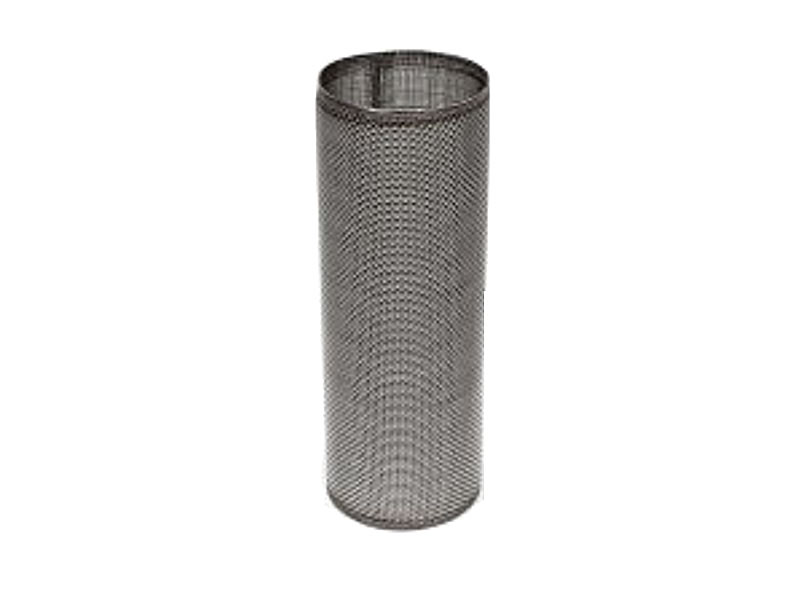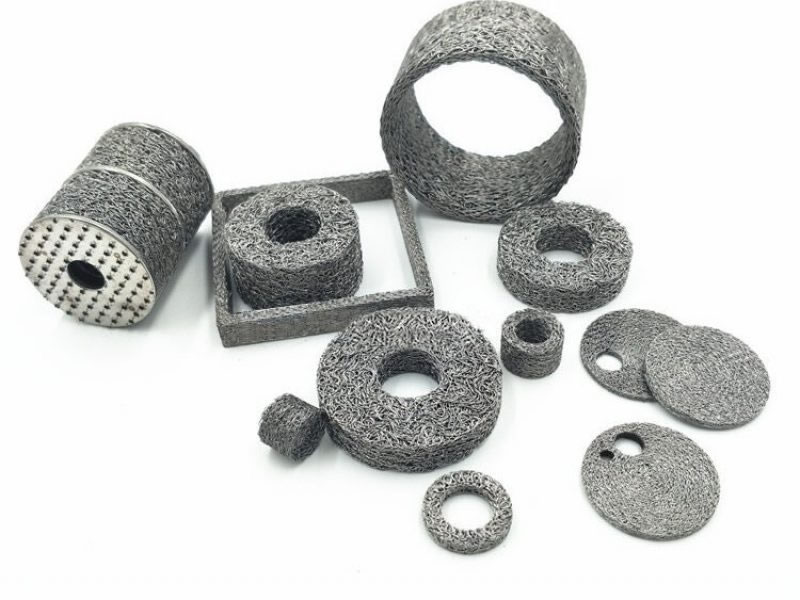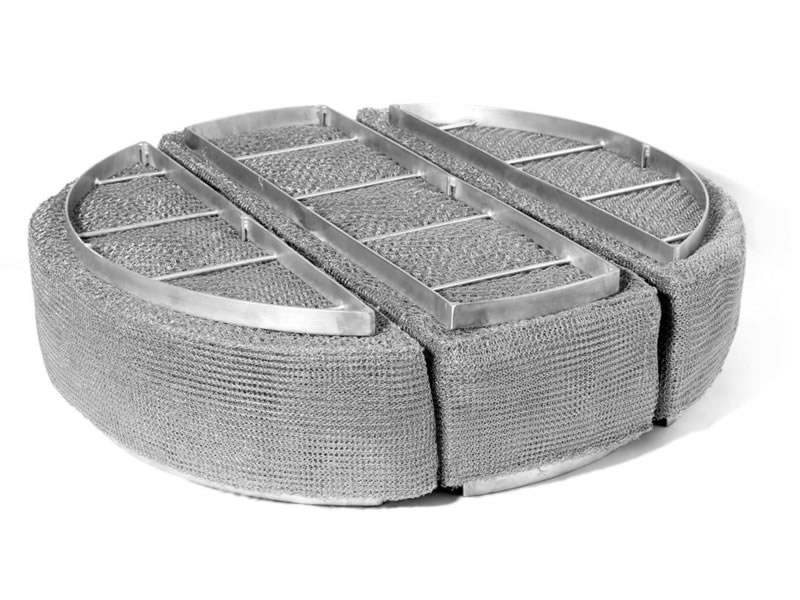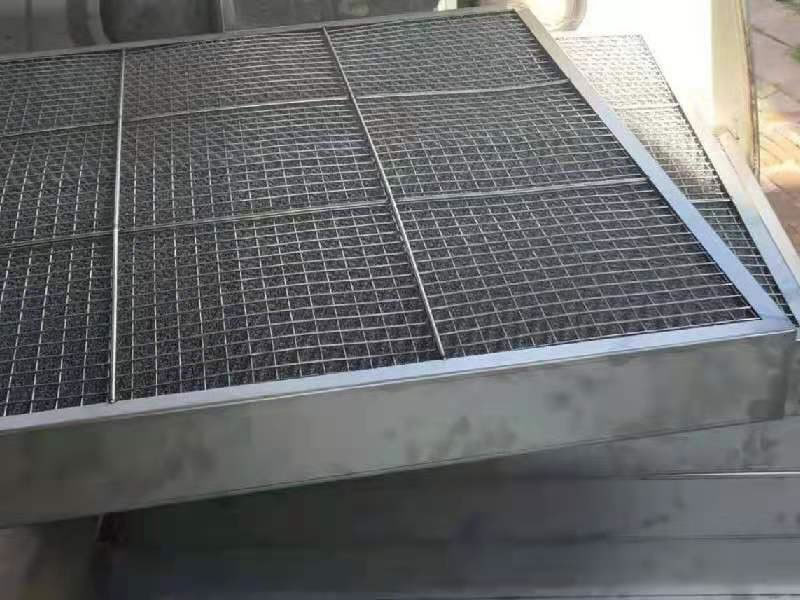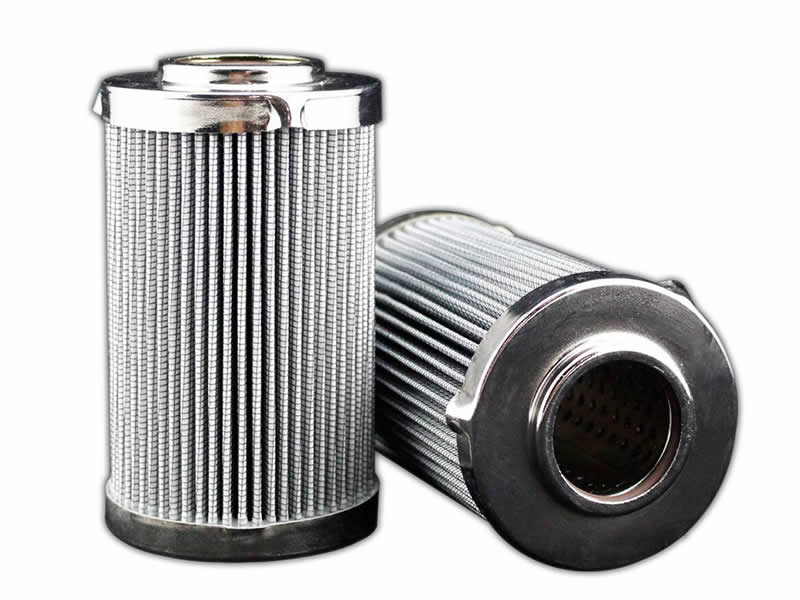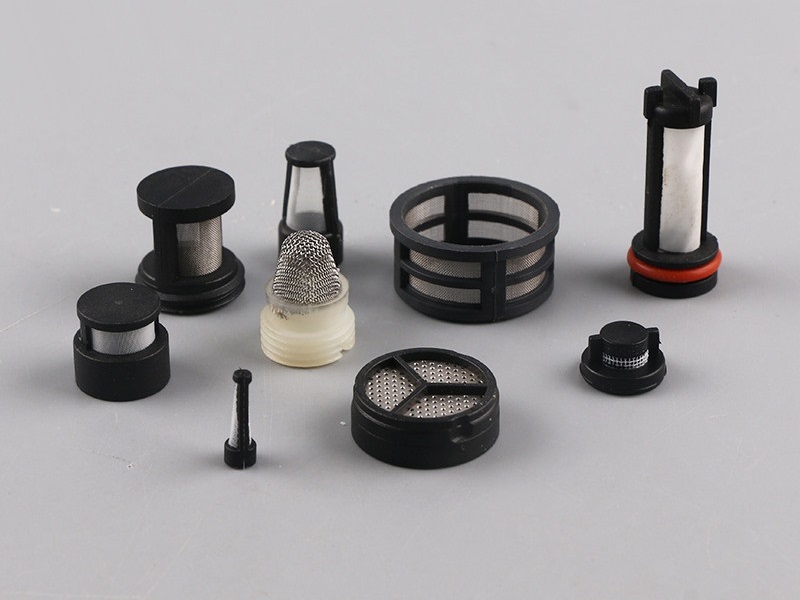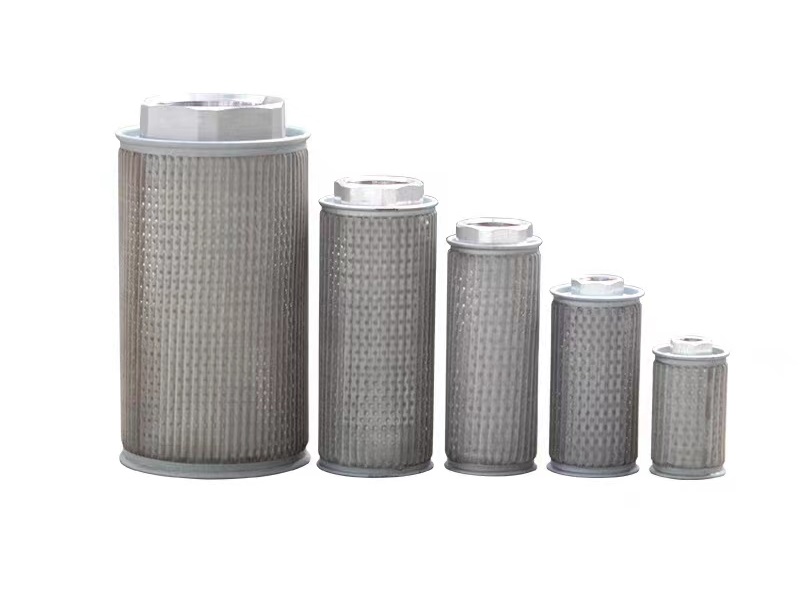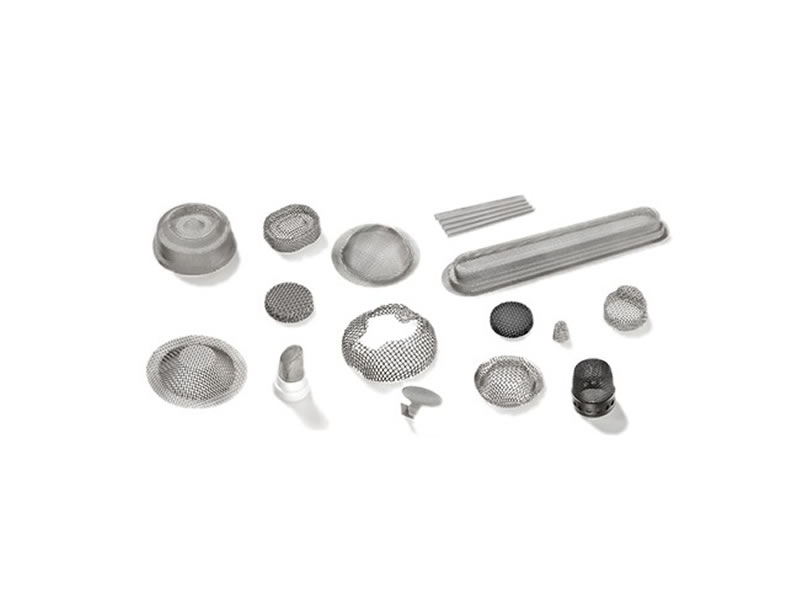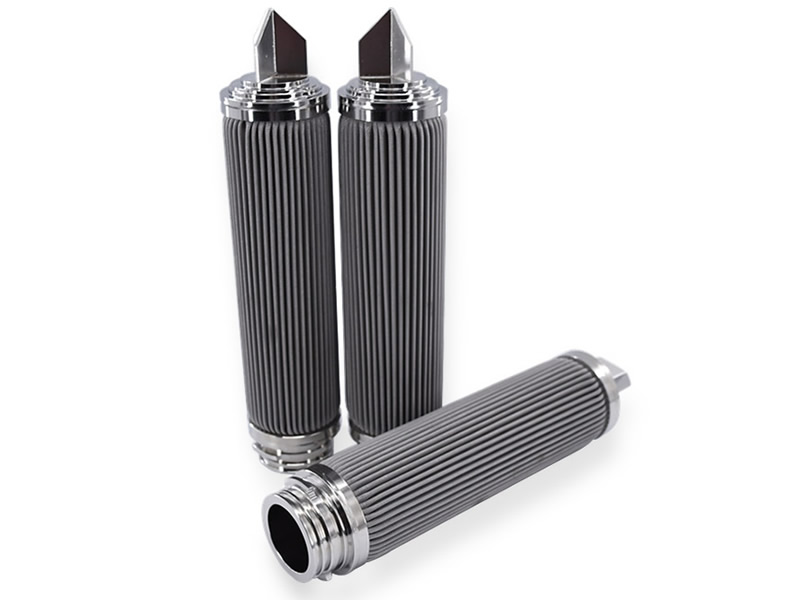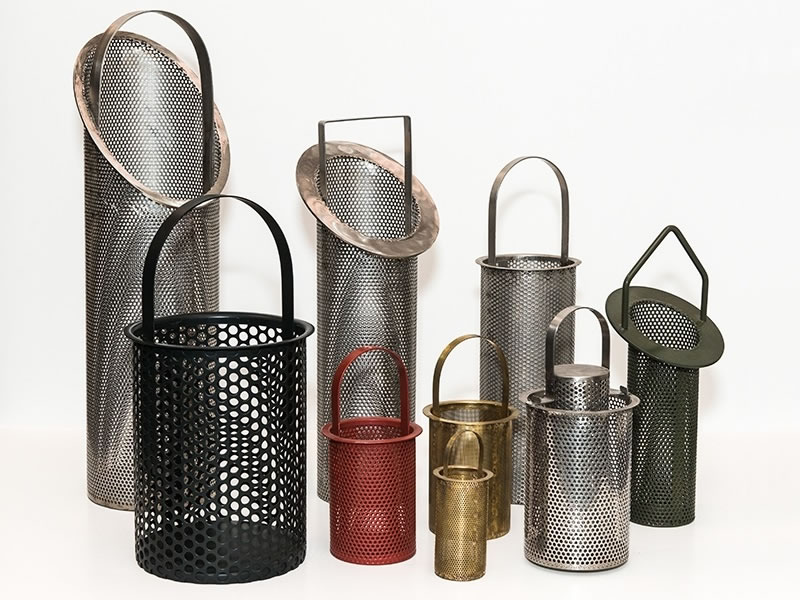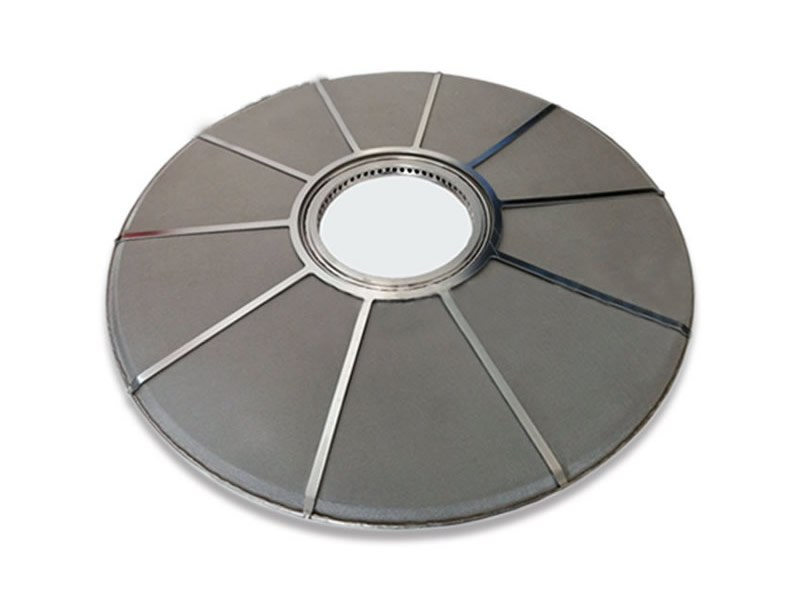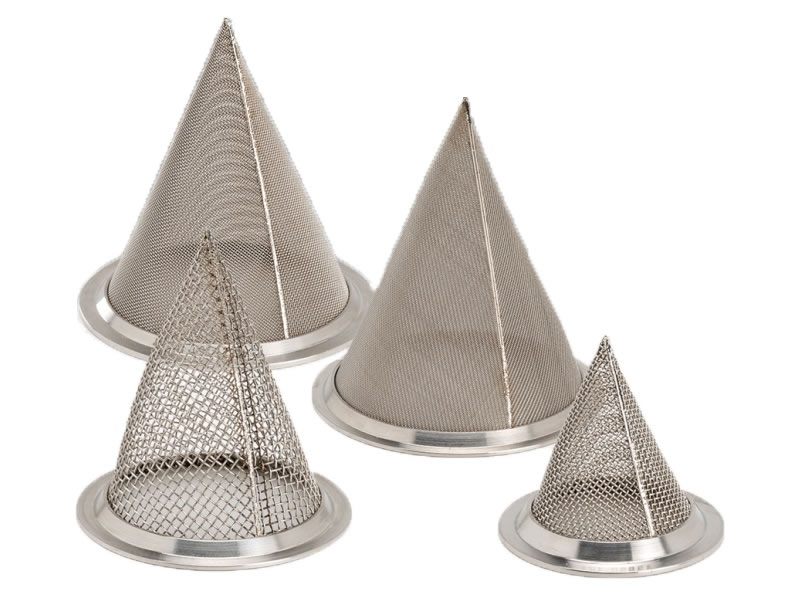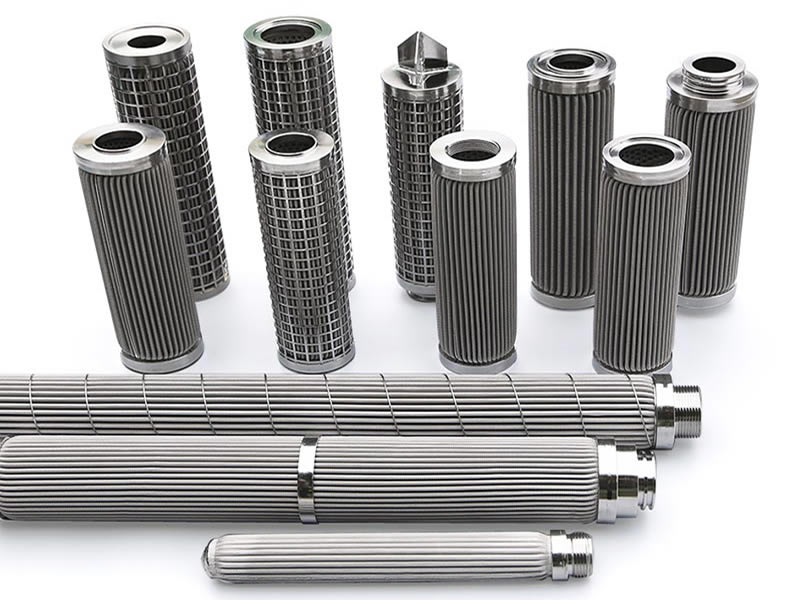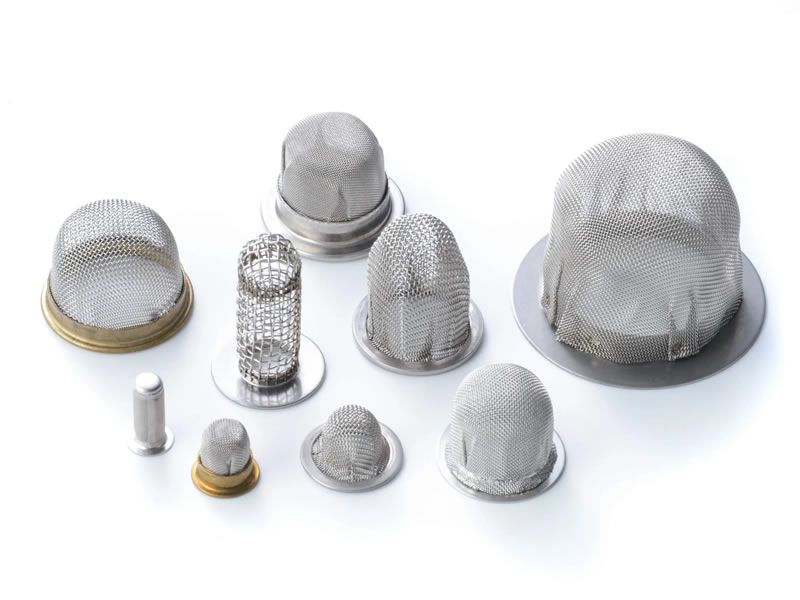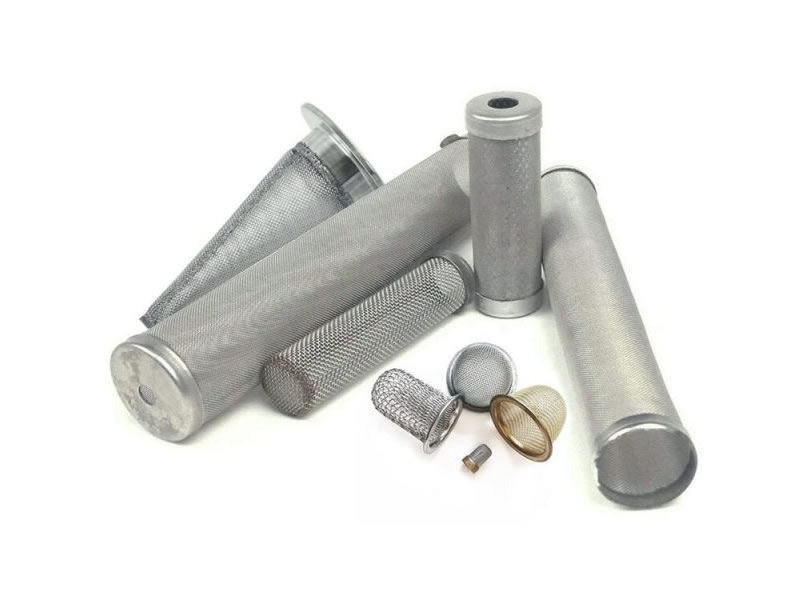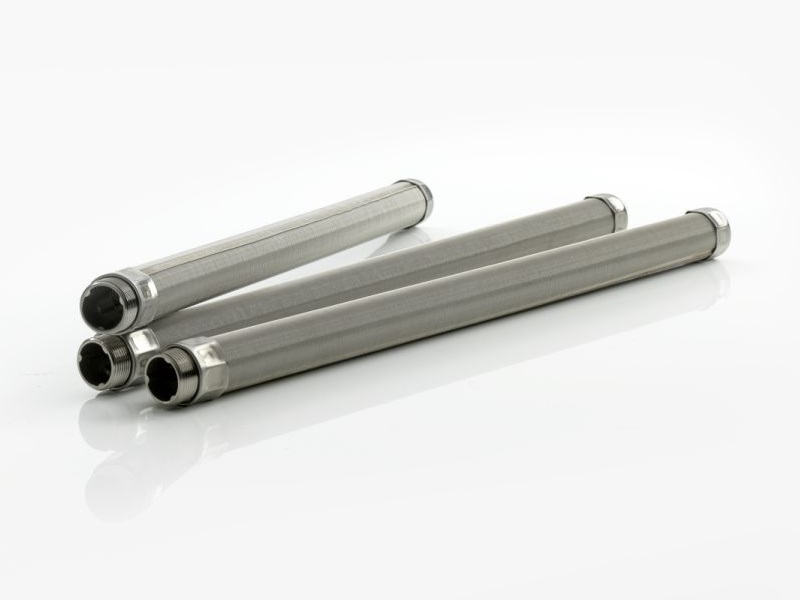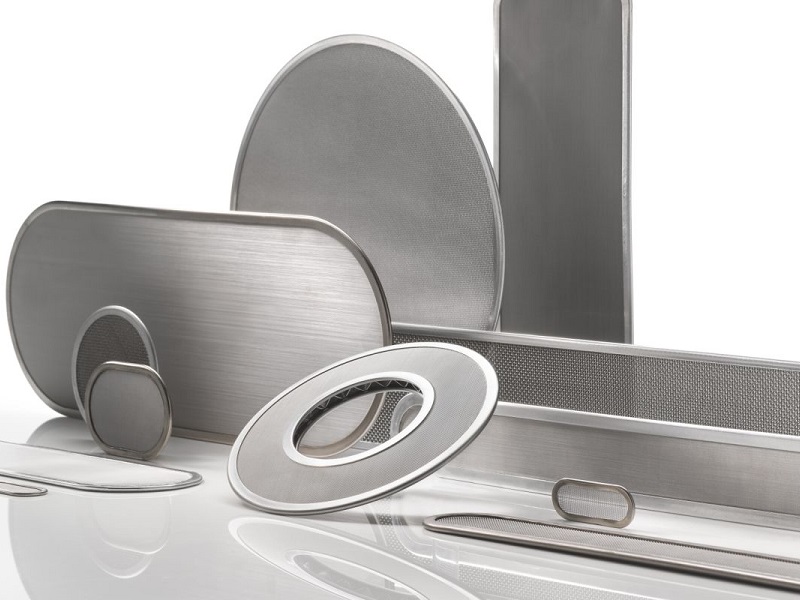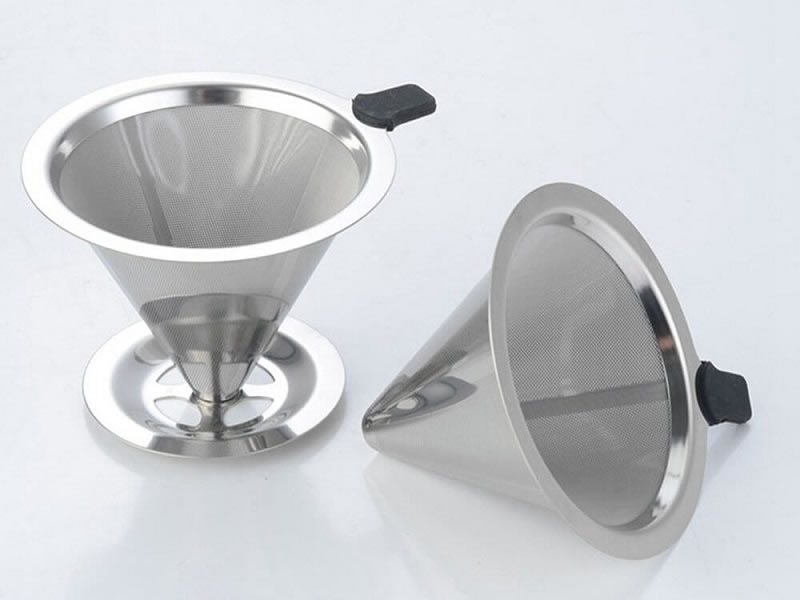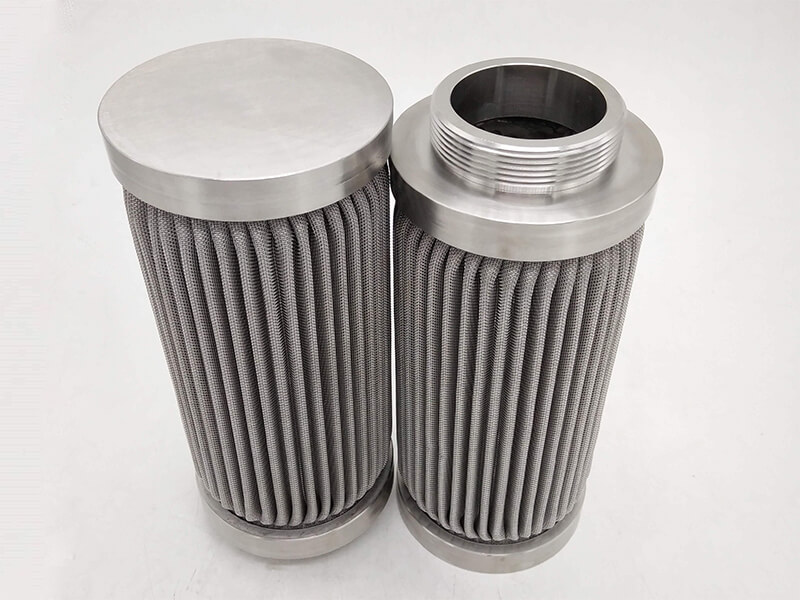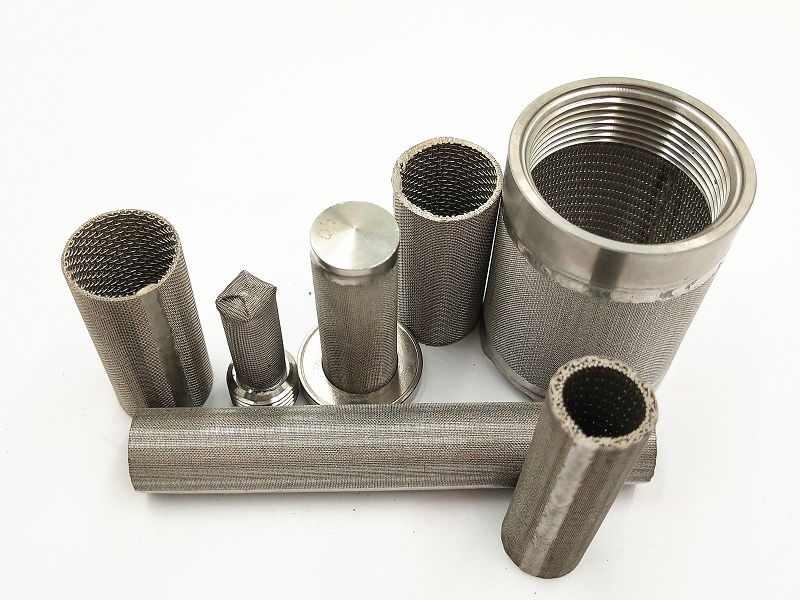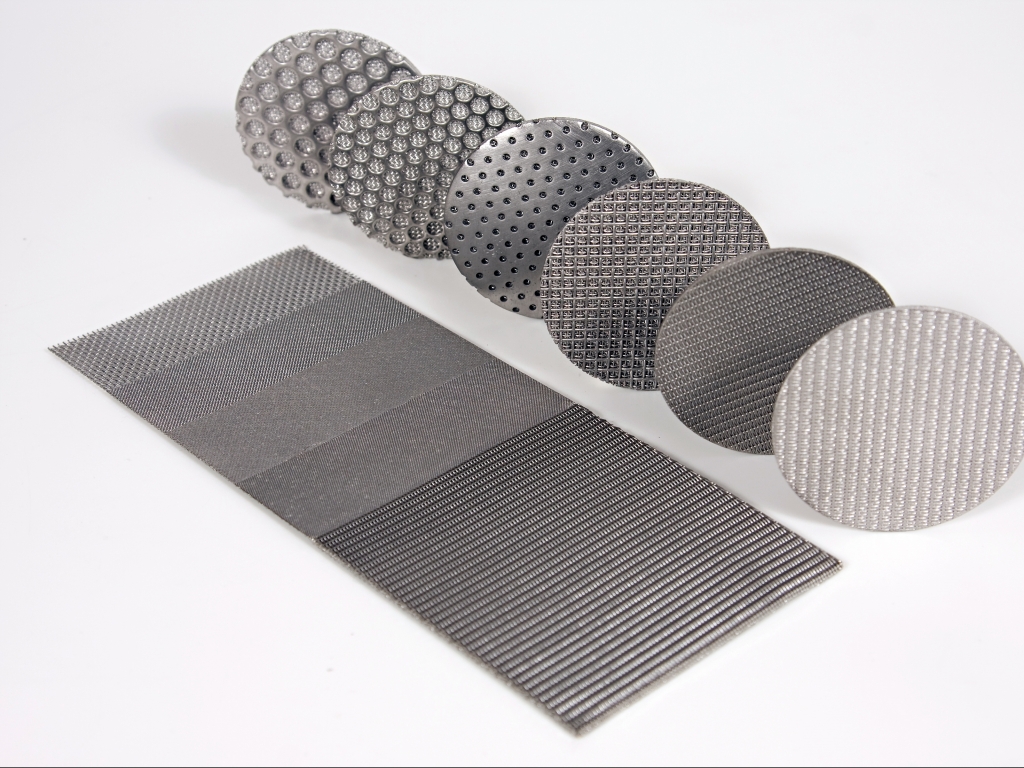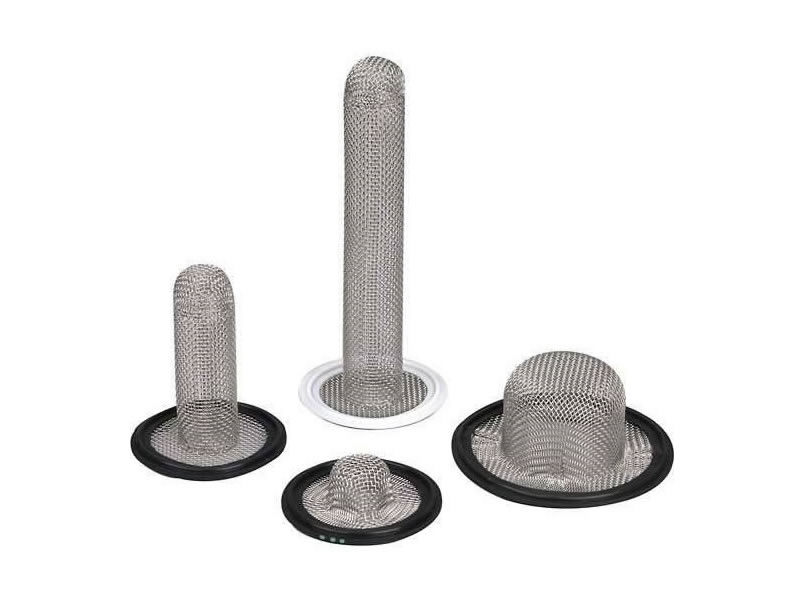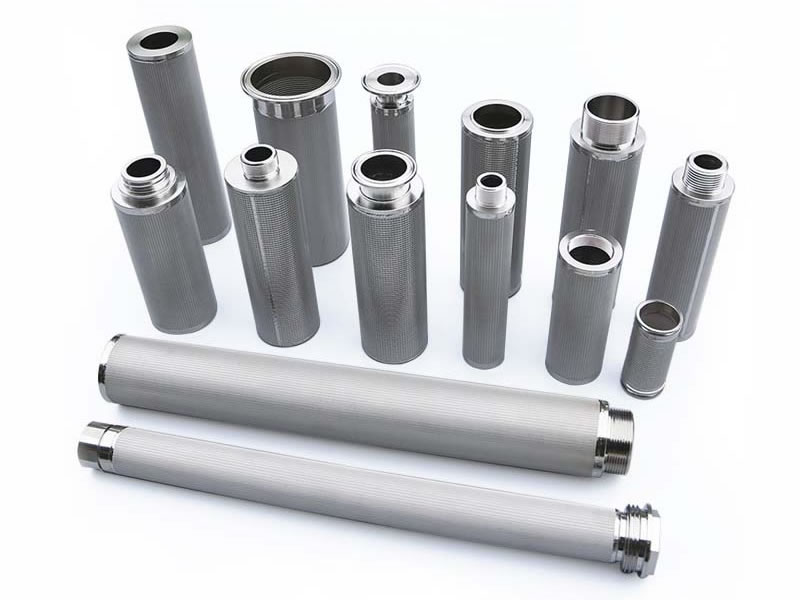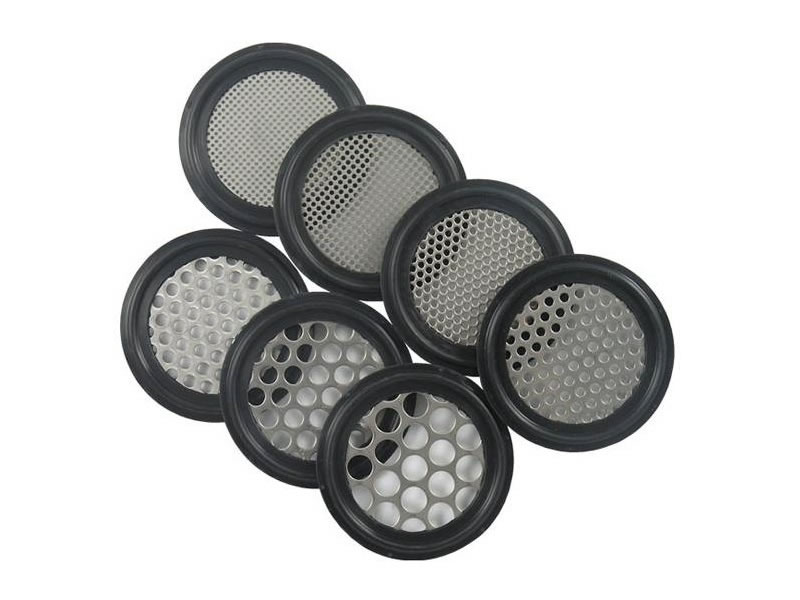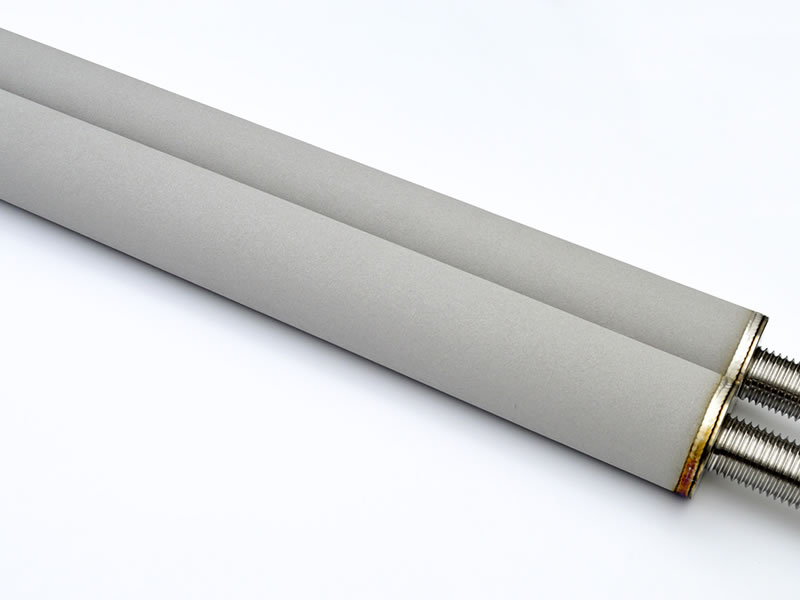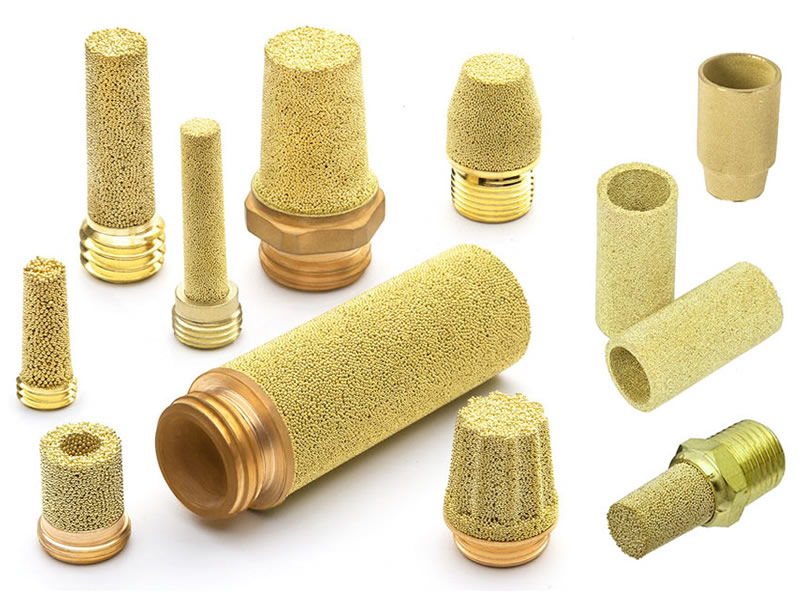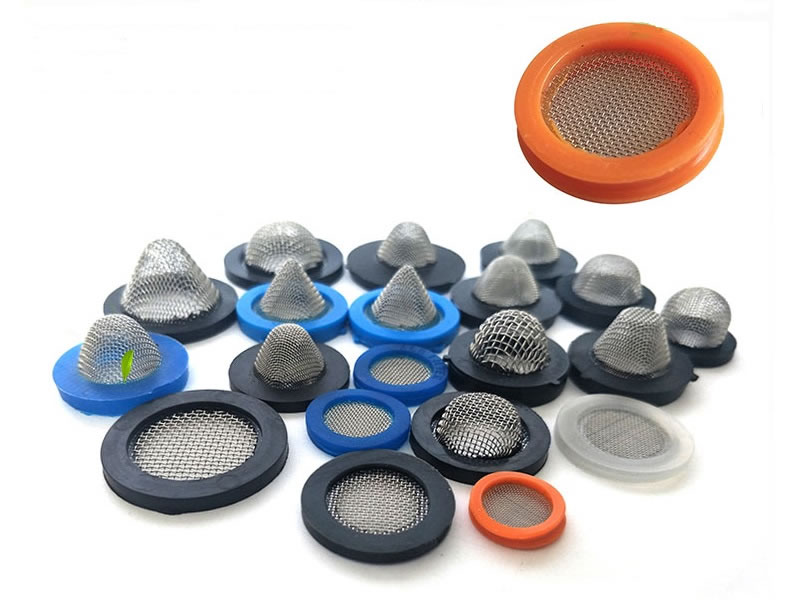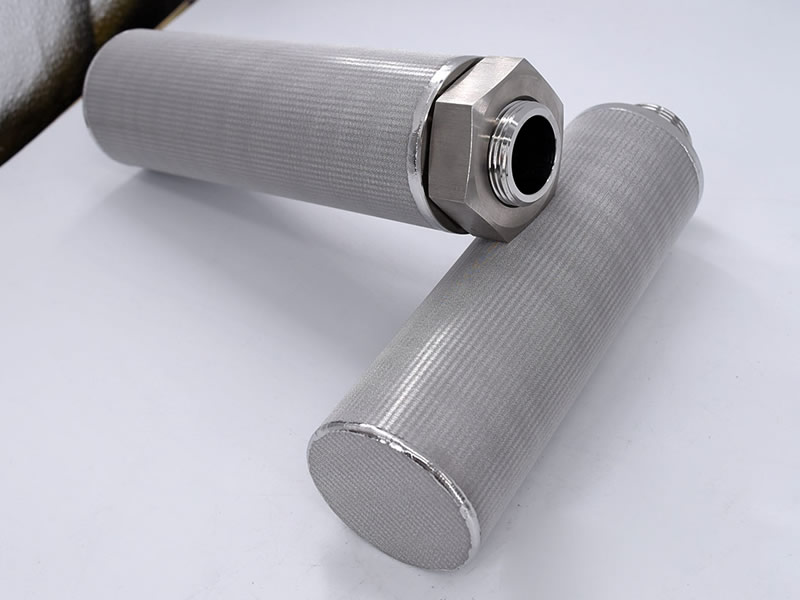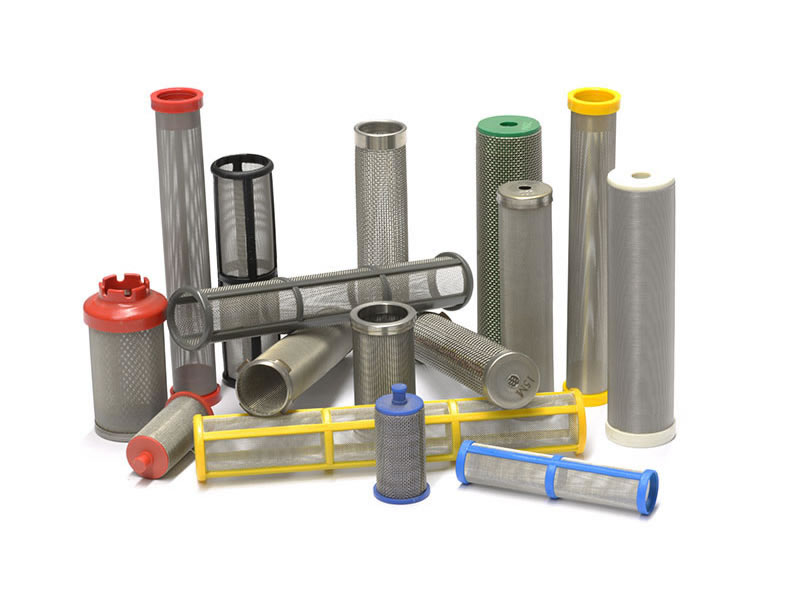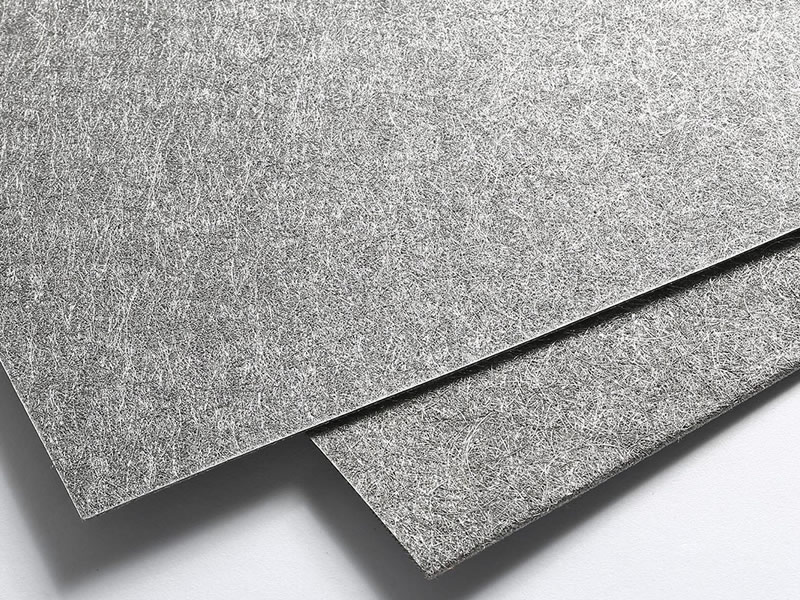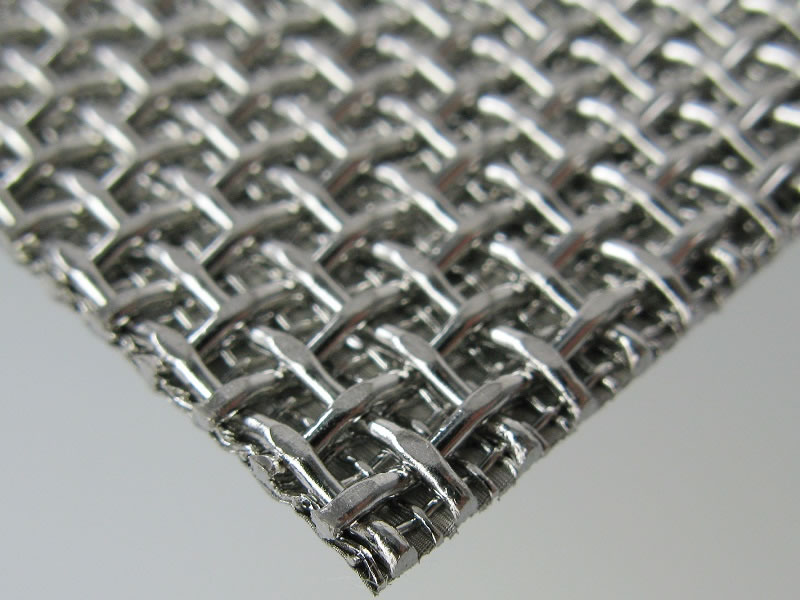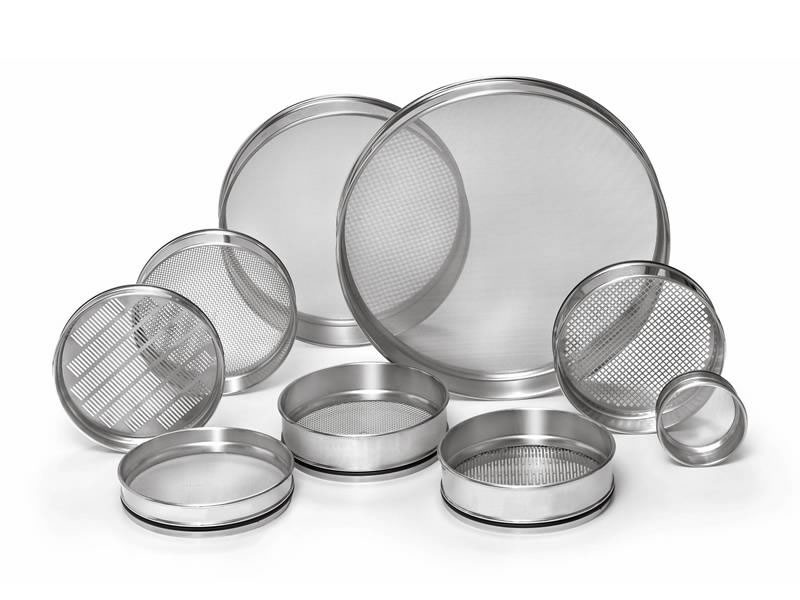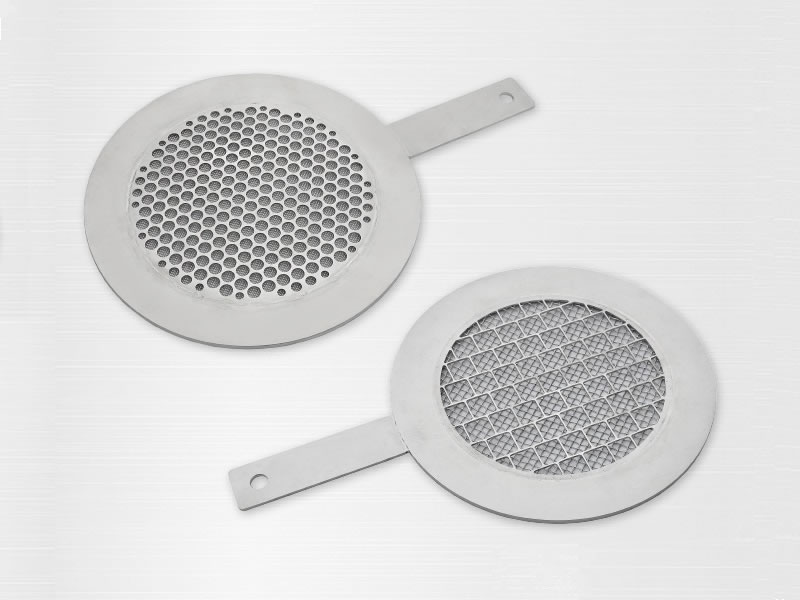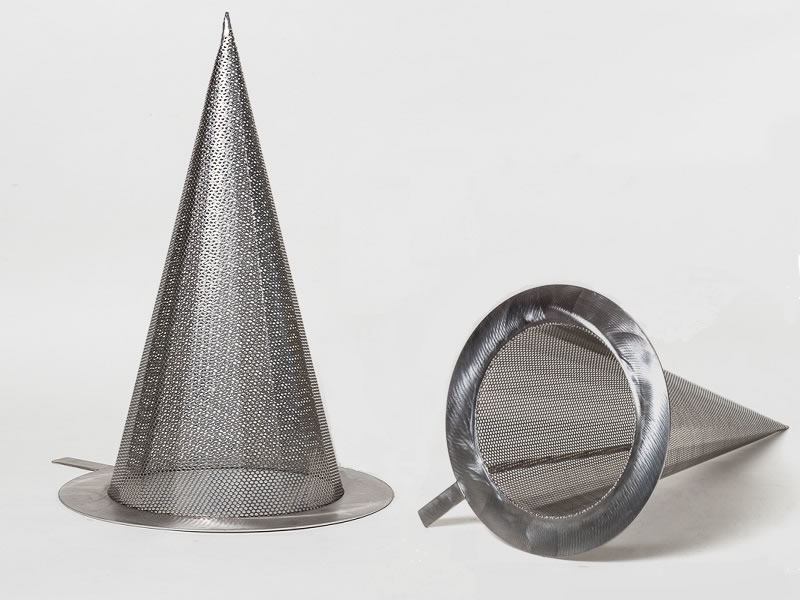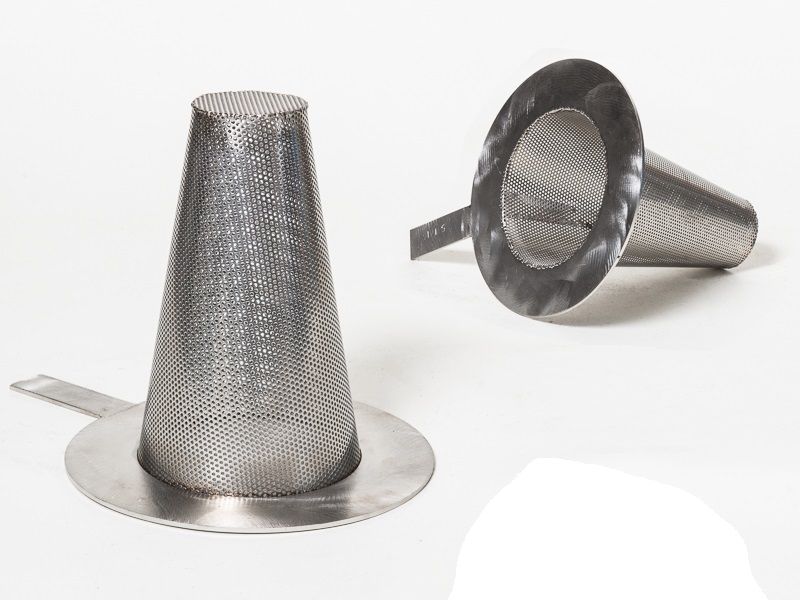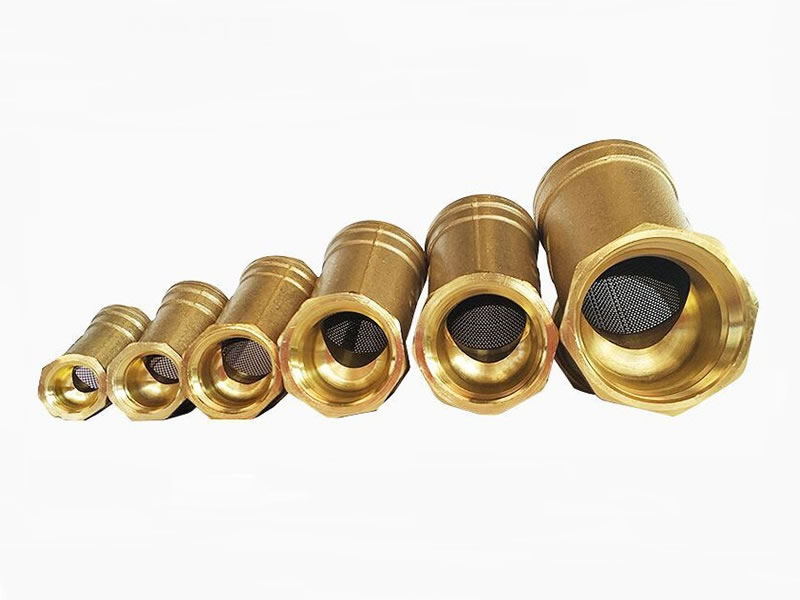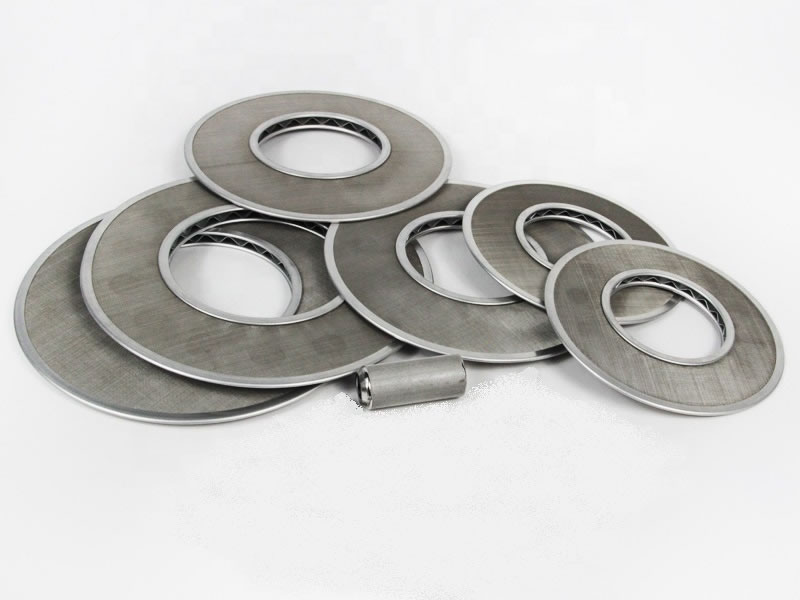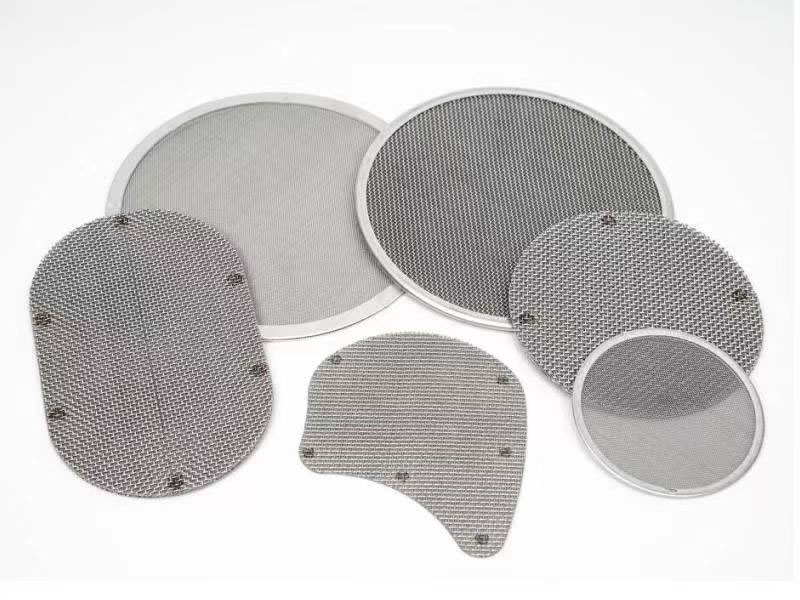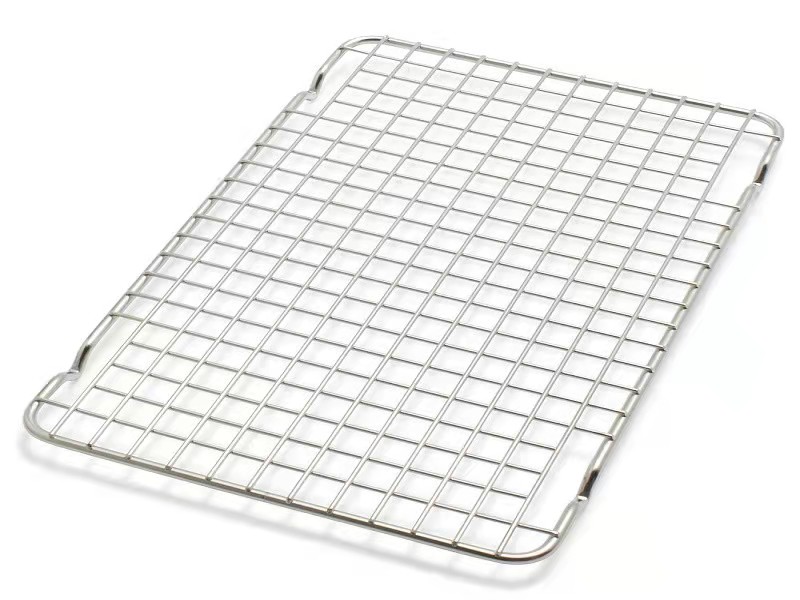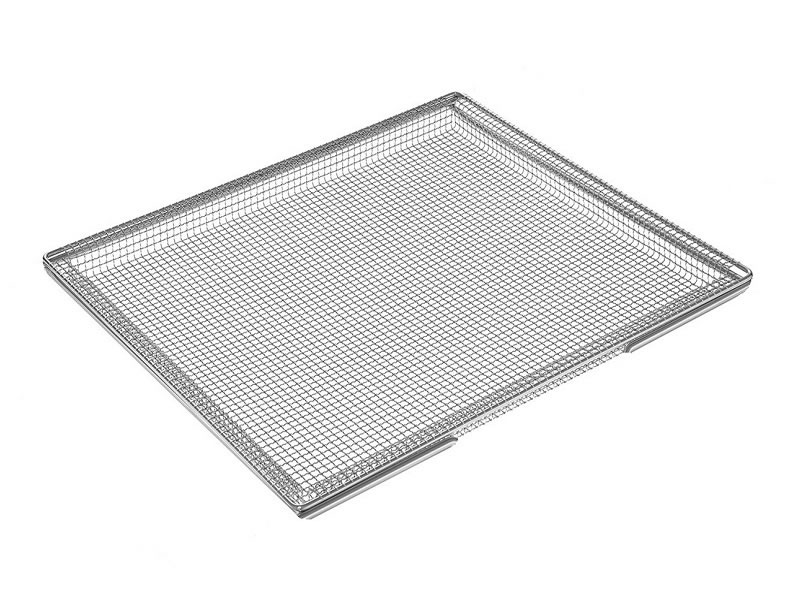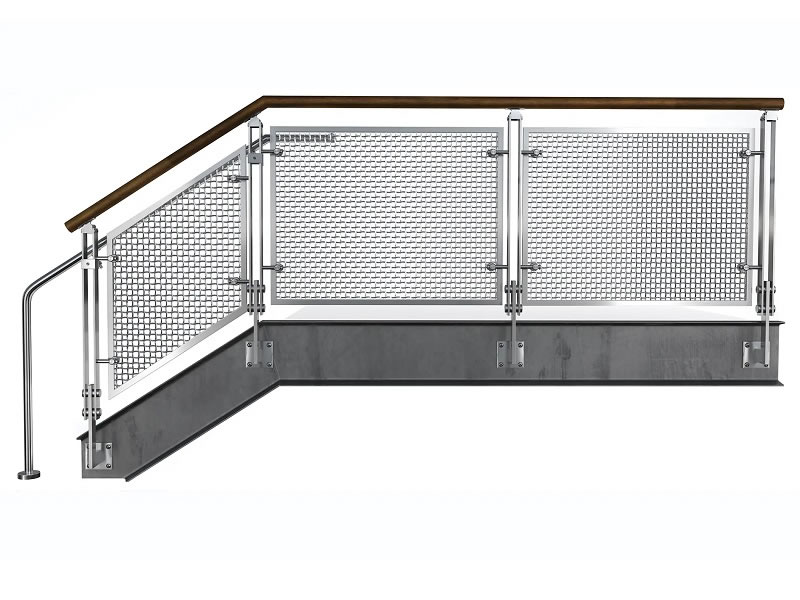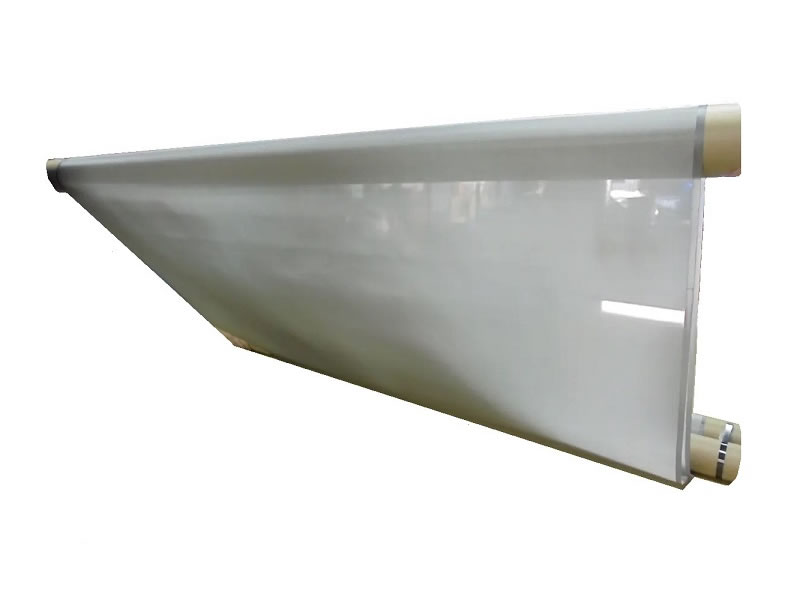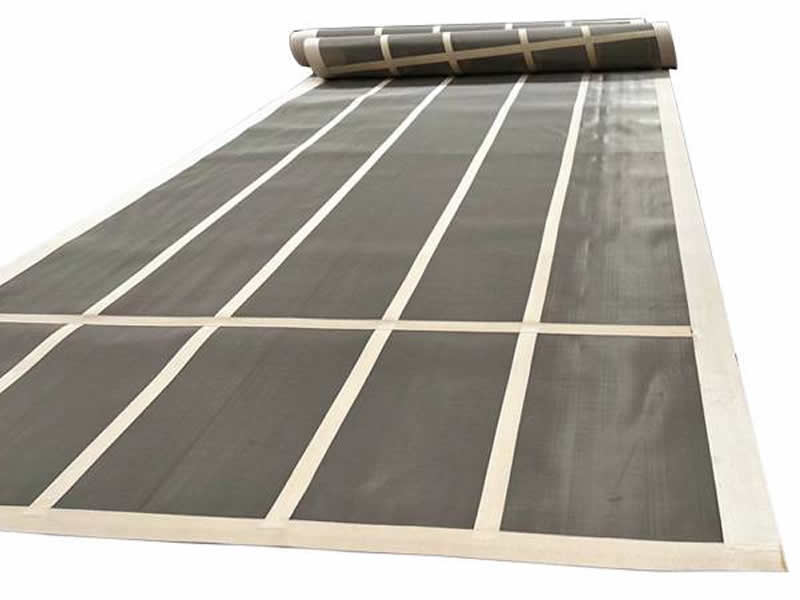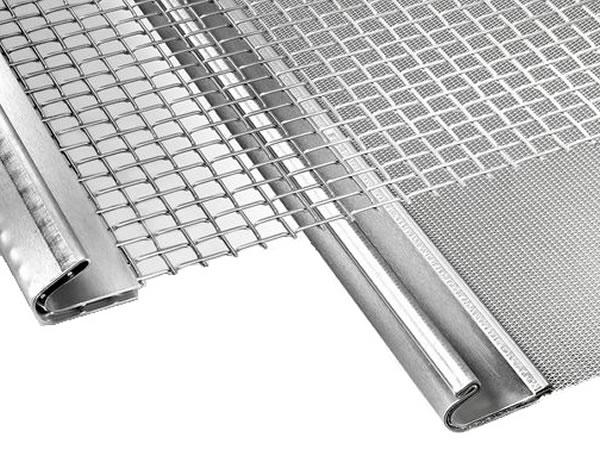JD Hardware Wire Mesh Co., Ltd specializes in supplying and manufacturing high-quality 304 Stainless Steel Wire Mesh products. Known for its versatility, our 304 stainless steel wire mesh balances corrosion resistance and strength, adhering to the highest industry standards. Available in various mesh sizes and wire diameters, we offer both stock and custom-manufactured options. Economically, 304 stainless steel is an excellent choice due to its attractive pricing and long lifespan, compared to other stainless steel mesh alloys. We offer this mesh in both woven and welded forms to meet standard and custom requirements, ensuring our products suit a wide range of applications.
Compare 304, SUS304, T304
The main differences and common attributes of 304, SUS304, and T304 stainless steel can be summarized as follows:
- Composition: All three types typically contain about 18% chromium and 8% nickel, making them part of the austenitic family of stainless steel.
- Weldability and Formability: These steels are known for their excellent weldability and formability, facilitating their use in various manufacturing processes.
- 304: An American designation under ASTM standards, commonly recognized and used globally, especially in American and Western markets.
- SUS304: A Japanese designation from the Japanese Industrial Standards (JIS), commonly used in Japan and other parts of Asia.
- T304: Essentially the same as 304, with the “T” indicating “Type,” as per the American Iron and Steel Institute (AISI) and ASTM standards.
- Naming Conventions and Geographical Usage: In essence, 304, SUS304, and T304 stainless steels are virtually identical in terms of chemical composition and properties. The differences are more about the standardization bodies and geographical preferences in their nomenclature rather than any material distinction.
- The standard chemical composition of 304 stainless steel, expressed in percentages, is as follows:
Carbon : Up to 0.08%
Manganese: Up to 2.0%
Phosphorus : Up to 0.045%
Sulfur : Up to 0.03%
Silicon: Up to 1.0%
Chromium : 18.0% – 20.0%
Nickel: 8.0% – 10.5%
Iron: Balance (The remainder of the composition is primarily iron) - Others: Generally, there are no other significant elements in standard 304 stainless steel. However, trace amounts of elements such as molybdenum or nitrogen may be present in small quantities, but they are not significant enough to affect the basic properties of the alloy.
Applications
- Mining and Quarrying: Durable in harsh environments.
- Brewing Industry: Ideal for beer production processes.
- Water Filtration: Effective in filtering systems.
- Particle Separation: Efficient in separating materials.
- Automotive Sector: Used in vehicle components.
- Basket Fabrication: Suitable for making robust baskets.
- Oil and Refinery Fields: Resistant to corrosive substances.
- Aerospace Industry: Reliable in aerospace engineering.
- Food Processing: Safe for food-related use.
- Science and Laboratories: Applicable in research and testing.
Advantages
- High-Temperature Resistance: Notable for its ability to withstand extreme temperatures, maintaining oxidation resistance up to about 1600°F intermittently and 1700°F continuously.
- Malleability: Significantly beneficial due to its ease of shaping and customization using standard tools and equipment.
- Welding Compatibility: Supports a variety of welding methods, adding to its versatility in manufacturing and repairs.
- Non-Magnetic Property: In its annealed state, it is largely non-magnetic, making it suitable for applications where magnetic interference is a concern.
- Durability: Exceptionally strong, making it ideal for long-term use in various environments.
- Corrosion Resistance: Excellent resistance to rust and corrosion, suitable for both indoor and outdoor uses.
- Cost-Effectiveness: Balances performance and cost effectively, with a long lifespan that reduces the need for frequent replacements.
Product Photo Showcase and Alias
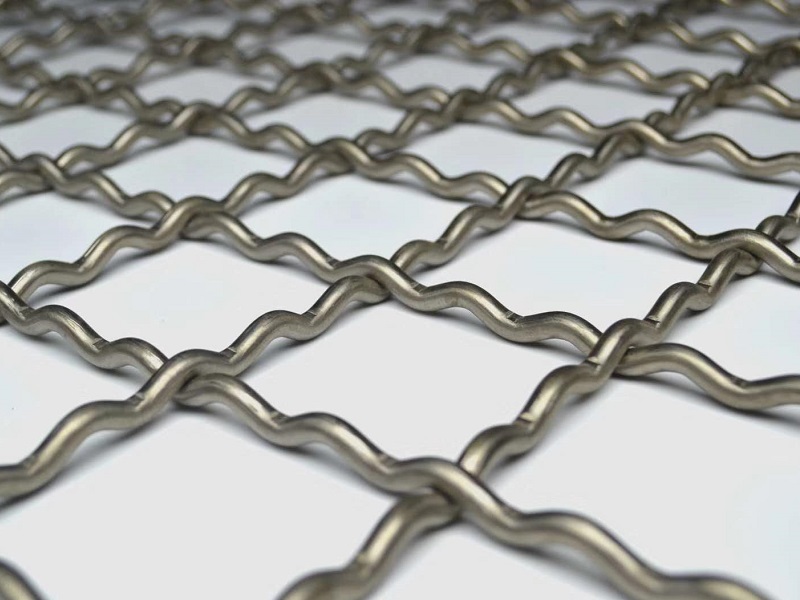
4″ x 4″ Opening to ¾” x ¾” Mesh
This range of 304 Stainless Steel mesh, with its larger openings, is ideal for robust applications needing less fine filtration. Typically made-to-order in precrimp or welded constructions, it’s suited for industrial and architectural uses where larger mesh openings are a priority.
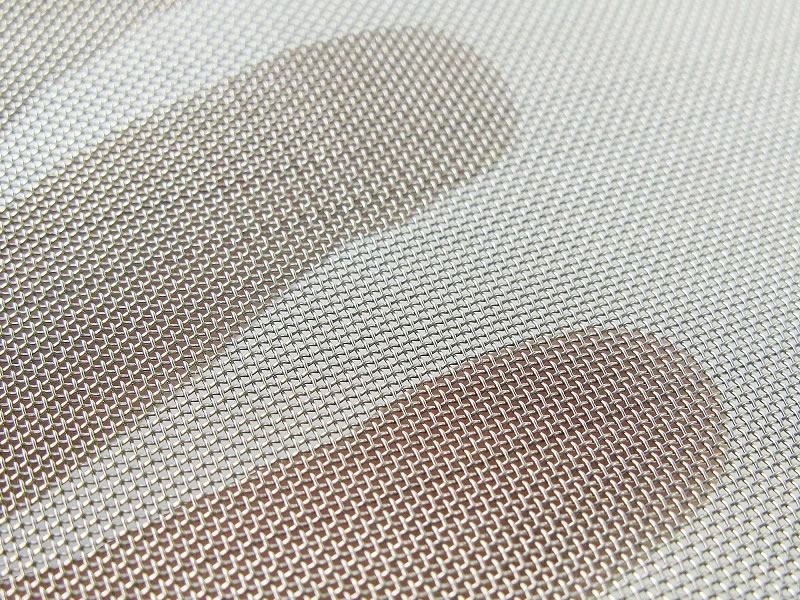
20 x 20 Mesh to 50 x 50 Mesh
Falling in the medium category, these 304 SS meshes are commonly custom-produced. They’re ideal for applications that demand more detailed filtration without sacrificing structural integrity, such as in specific industrial filtering and aesthetic architectural designs.
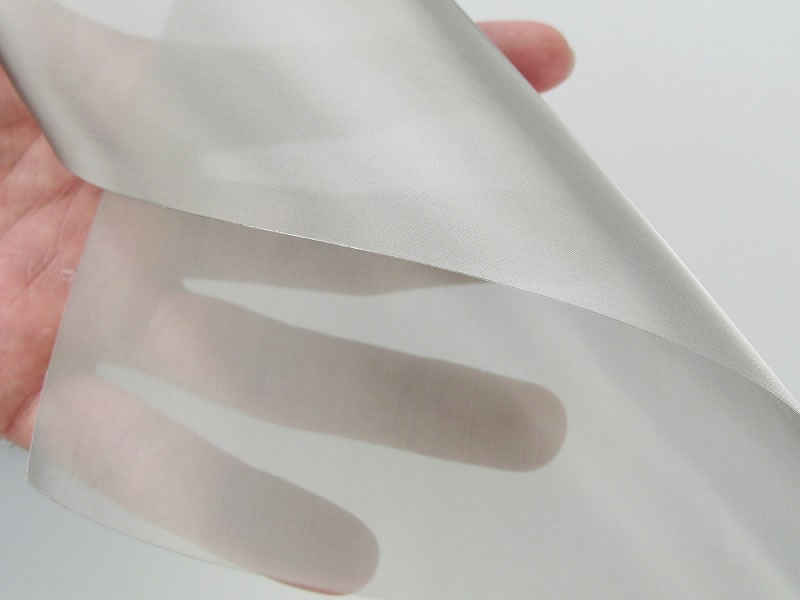
60 x 60 Mesh to 635 x 635 Mesh
Ranging from fine to ultra-fine, these specifications of 304 SS wire mesh are typically available for immediate needs or can be custom-manufactured. They are perfect for highly detailed filtration needs in scientific and laboratory settings, as well as in intricate design applications.
304 Stainless Steel Wire Mesh Type
- Plain Weave: This type of 304 SS wire mesh features a simple, straightforward weave with each warp and weft wire crossing over and under each other alternately. Ideal for general applications, it offers a balance of strength and openness, suitable for filtration and architectural uses.
- Plain Crimp: In this style, the wires are crimped at their points of intersection, which stabilizes the mesh and gives it a more rigid structure. Plain crimp mesh is often used in applications requiring greater strength and firmness, like in industrial screens and protective barriers.
- Intercrimp: Characterized by extra crimps in the wires between the intersections, intercrimp mesh provides additional rigidity and strength. This makes it suitable for heavy-duty applications where stability and durability are essential, such as in heavy industrial filtering and load-bearing architectural designs.
- Lock Crimp: This type involves crimping the wires before weaving, with each wire locked securely in place. The result is a very stable and strong mesh, often used in situations where the mesh will bear weight or withstand significant stress, like in certain architectural or structural applications.
- Welded: Welded 304 SS wire mesh involves welding the wires at each intersection, creating a strong bond and a uniform mesh. This type is highly durable and stable, making it ideal for applications requiring maximum strength and firmness, such as in fencing, machine guards, and certain filtration systems.



